On 14th October 2019, Prof. Dinusha Mendis hosted the final workshop of the European Commission funded project, ‘The Intellectual Property Implications of the Development of Industrial 3D Printing’ in Brussels.
The project aims to formulate a clear picture of the Intellectual Property (IP) framework that could enhance the competitiveness of the Additive Manufacturing (AM) sector in Europe. As such, the workshop was attended by academics, practitioners, businesses and policy makers thereby bringing together key stakeholders in the field of 3D printing and IP laws.
The workshop commenced with a welcome from Amaryllis Verhoeven, Head of the Intellectual Property Unit at the European Commission. Thereafter, Dinusha Mendis (Project Lead) presented the main results, which was complemented by presentations from invited speakers and a panel discussion consisting of members of the project team and industry partners.
Ben Redwood (Hubs), Phil Reeves (Reeves Insight Ltd) and Phill Dickens (Added Scientific Ltd) considered the future of manufacturing and its different applications and uses for industry as well as consumers.
Thereafter, various issues from the Study were explored in a panel discussion. Panelists consisting of Lieven Claerhout / Bram Smits (Materialise NV), Ann Marie Shillito (Anarkik3D), and members of the project team (see below), considered IP issues in light of the views from industry, obtained as part of the Study. In bringing the workshop to its conclusion, Jean-Francois Romainville (IDEA Consult) spoke about next steps, in taking this project and other similar projects forward. Virginie Fossoul, (Legal and Policy Officer, European Commission), closed the workshop with some concluding remarks.
The presentations as well as the panel discussion can be accessed/watched here:
https://webcast.ec.europa.eu/workshop-on-3d-printing#
The project which was awarded to Bournemouth University in 2018, by the European Commission’s Directorate-General for Internal Market, Industry, Entrepreneurship and SMEs has been led by Prof. Dinusha Mendis (Principal Investigator) from the Department of Humanities and Law at Bournemouth University.
The Co-Investigators of this project include Dr. Julie Robson (Bournemouth University, UK), Dr. Rosa Ballardini (University of Lapland, Finland), Prof. Dr. Jan Nordemann (Boehmert & Boehmert, Germany), Prof. Phill Dickens (Added Scientific Ltd, UK), Dr. Maria del Carmen Calatrava-Moreno, Mr. Alfred Radauer (Technopolis Group, Austria) and Hans Brorsen (Germany).
The final project report is due for publication in early 2020.
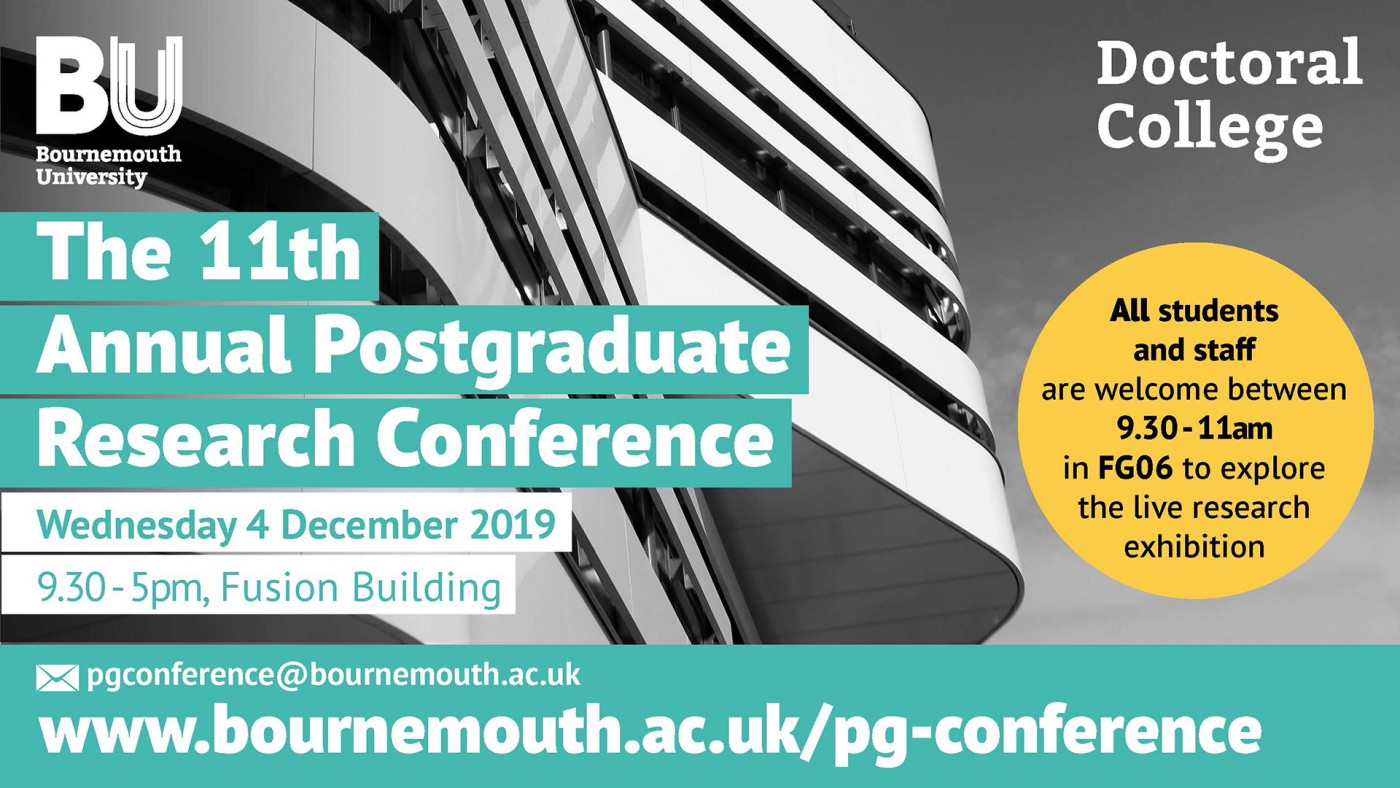

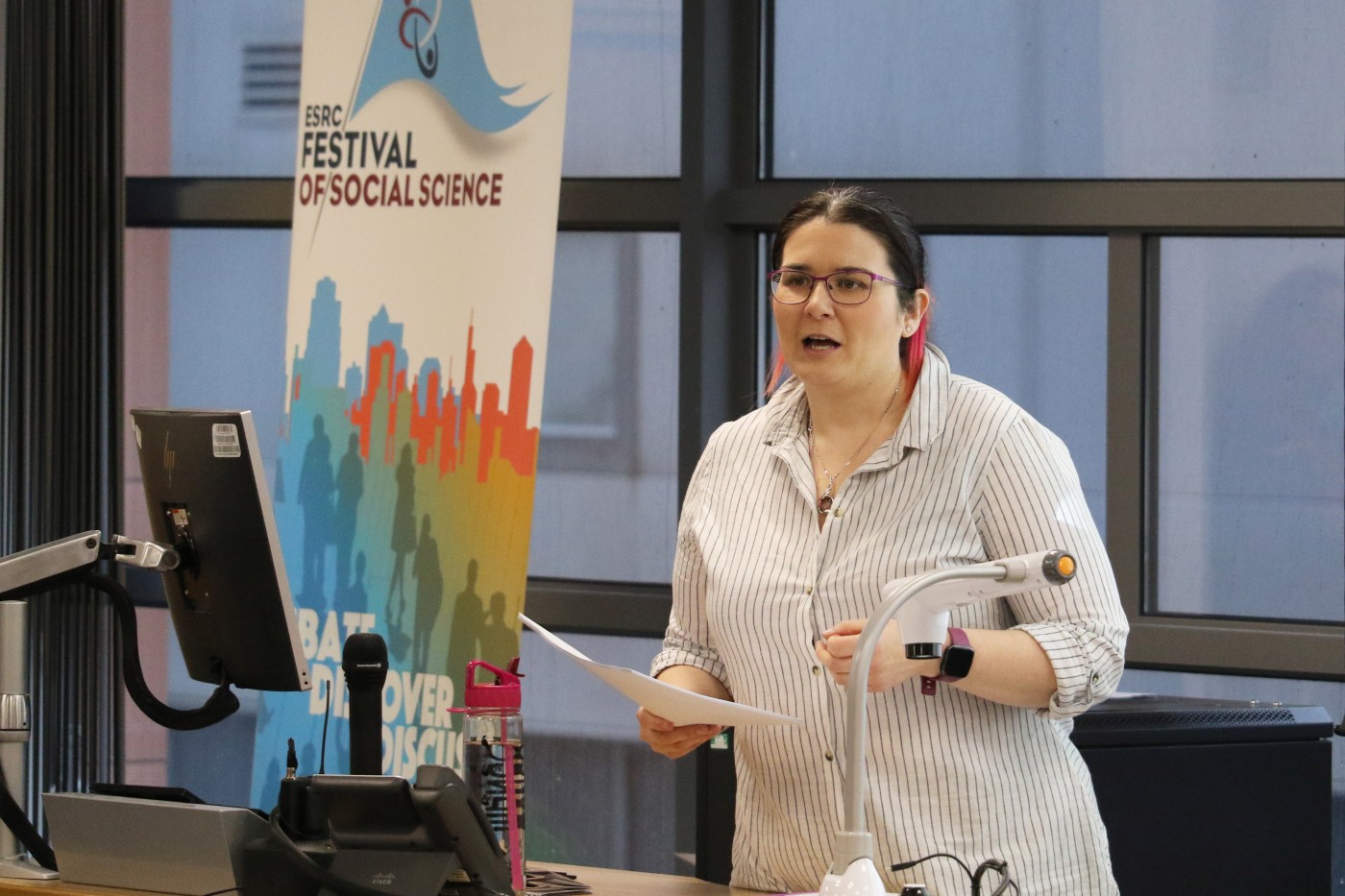
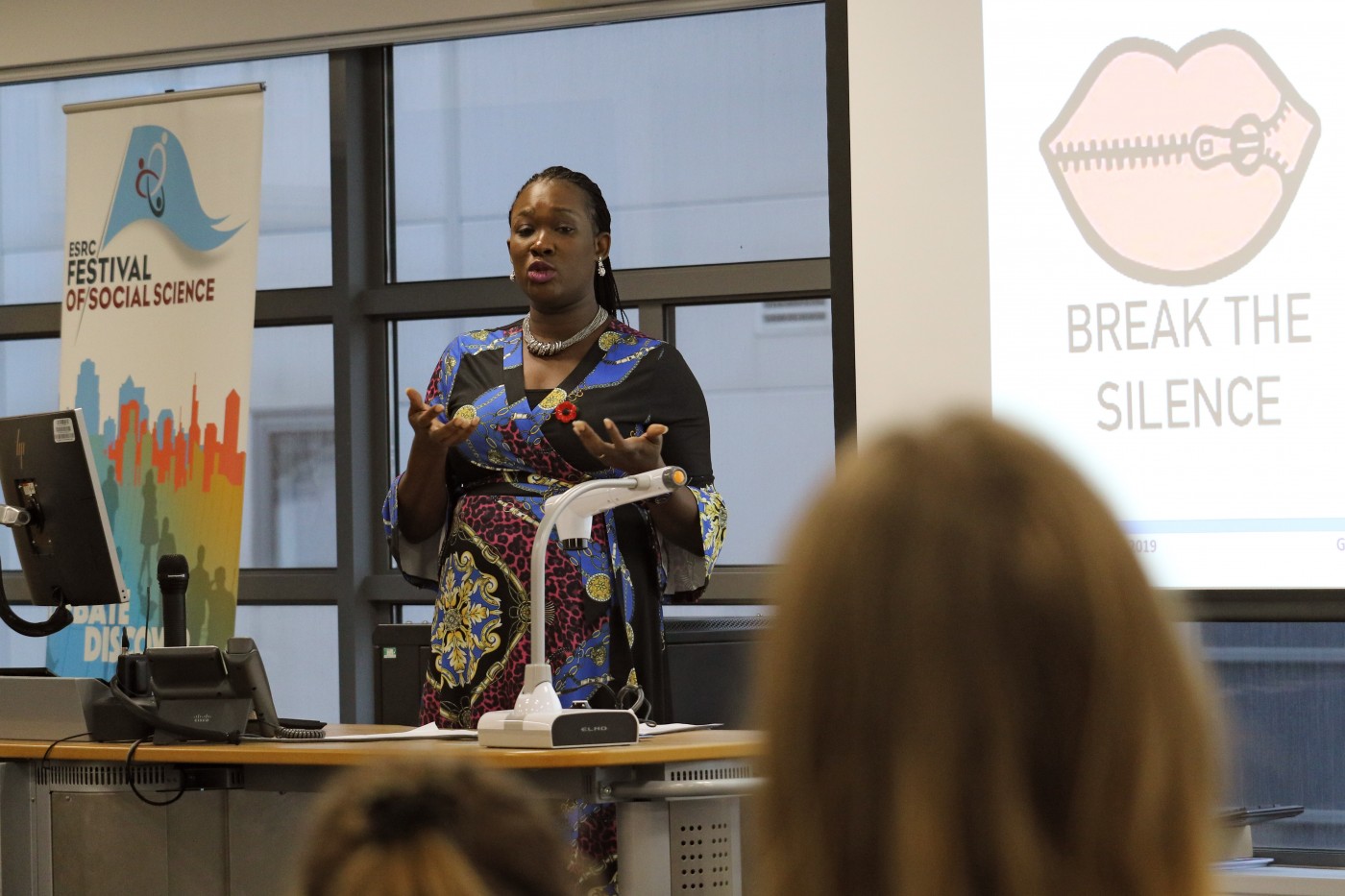
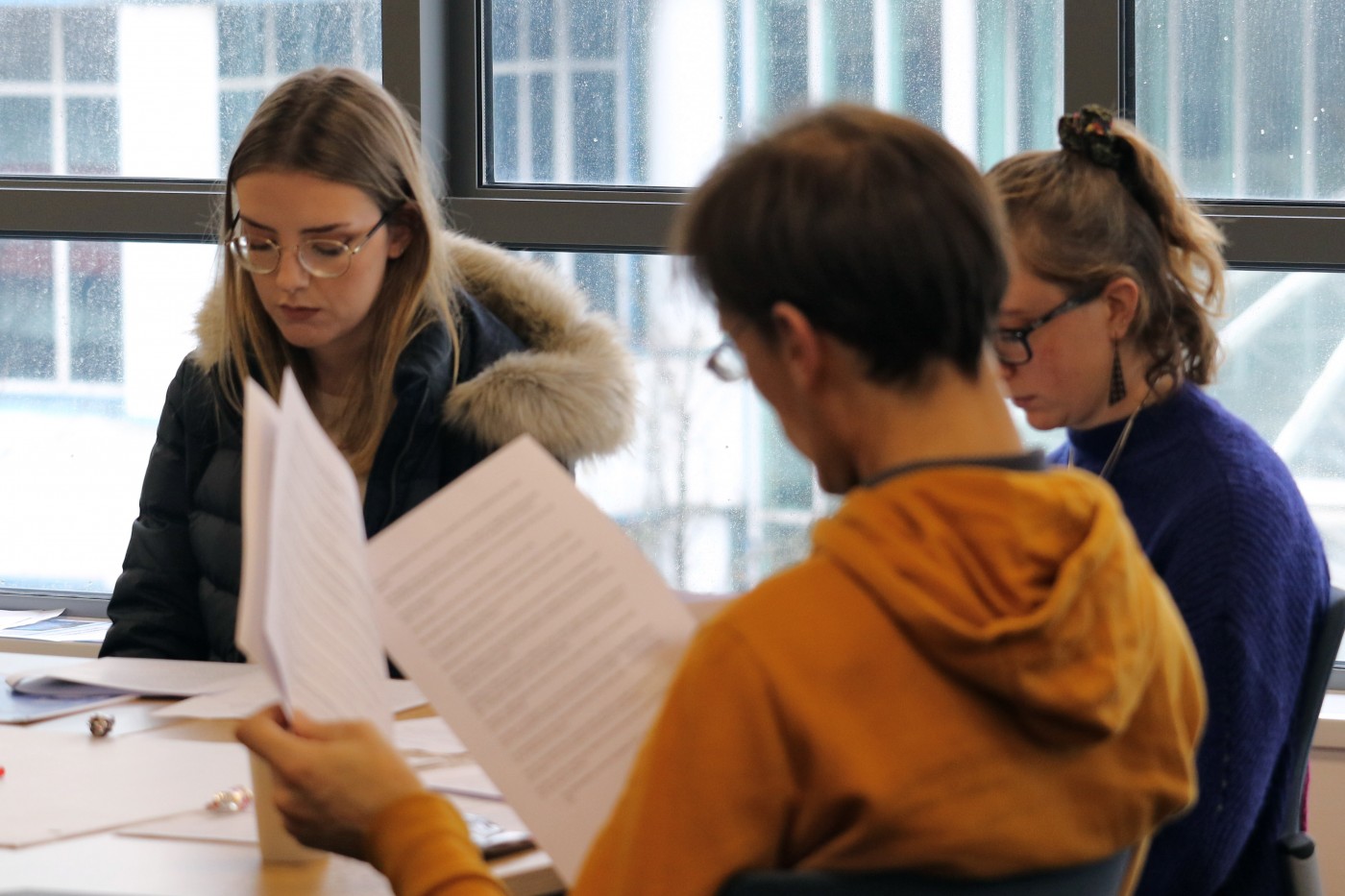
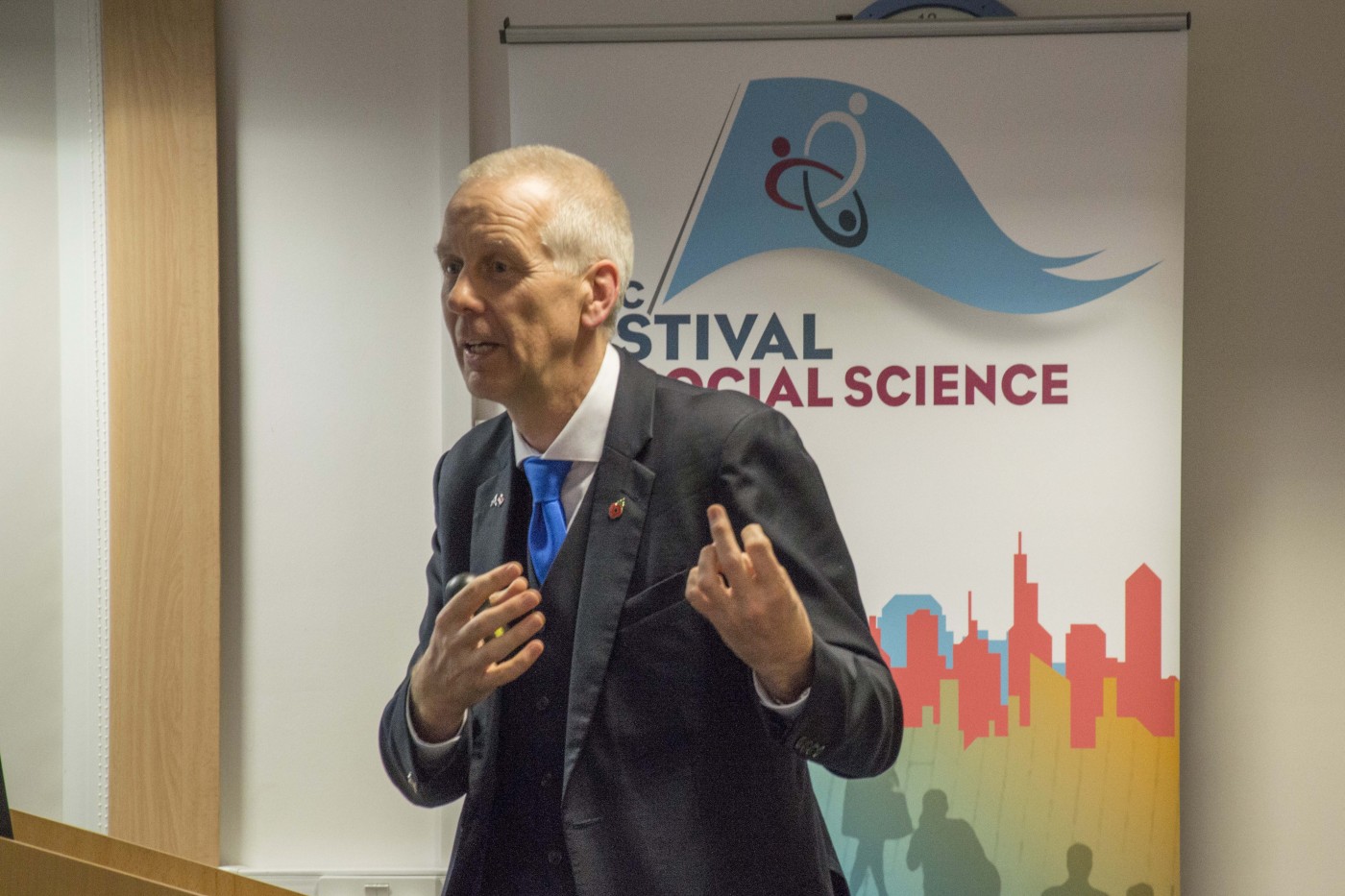



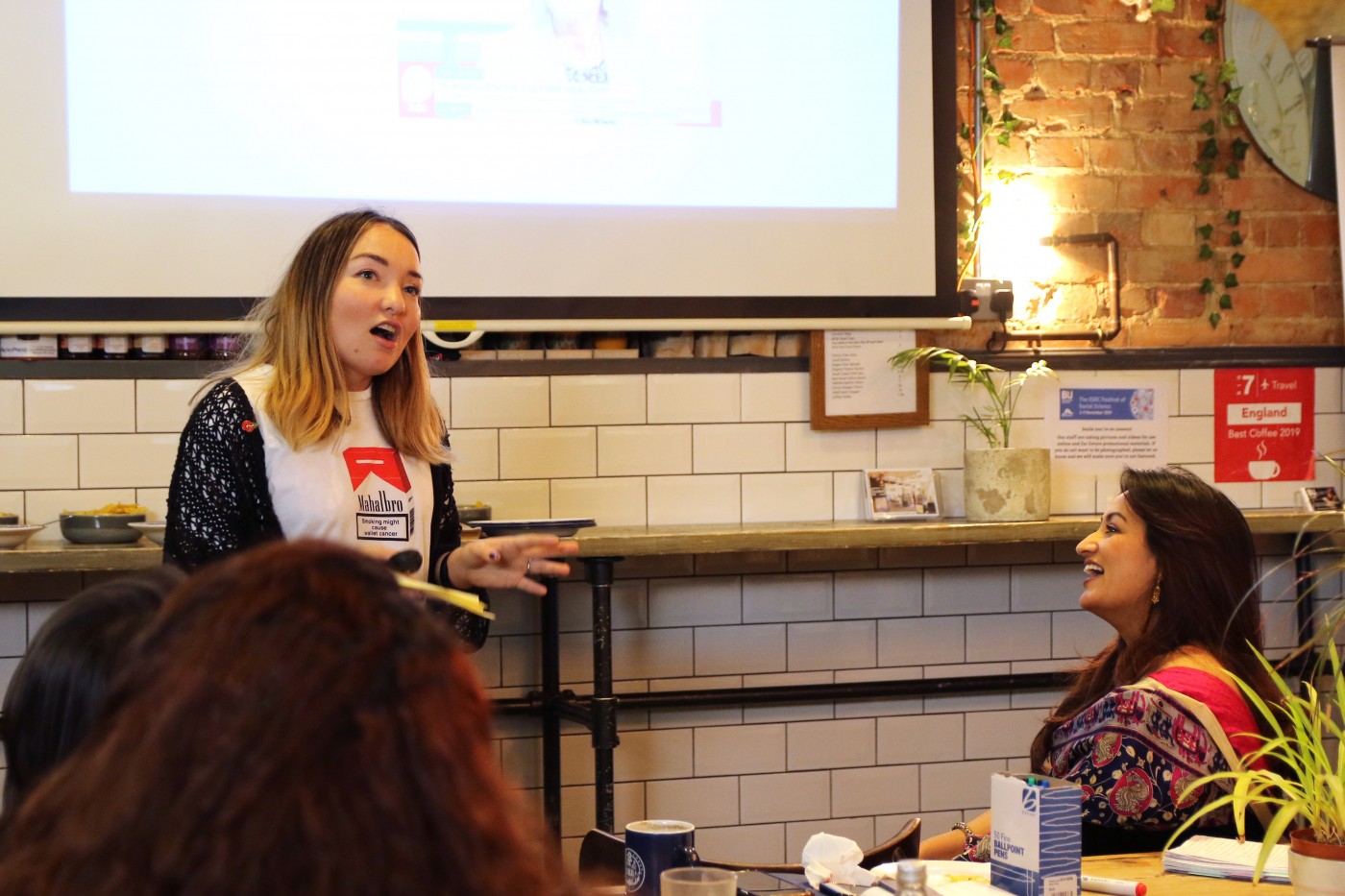
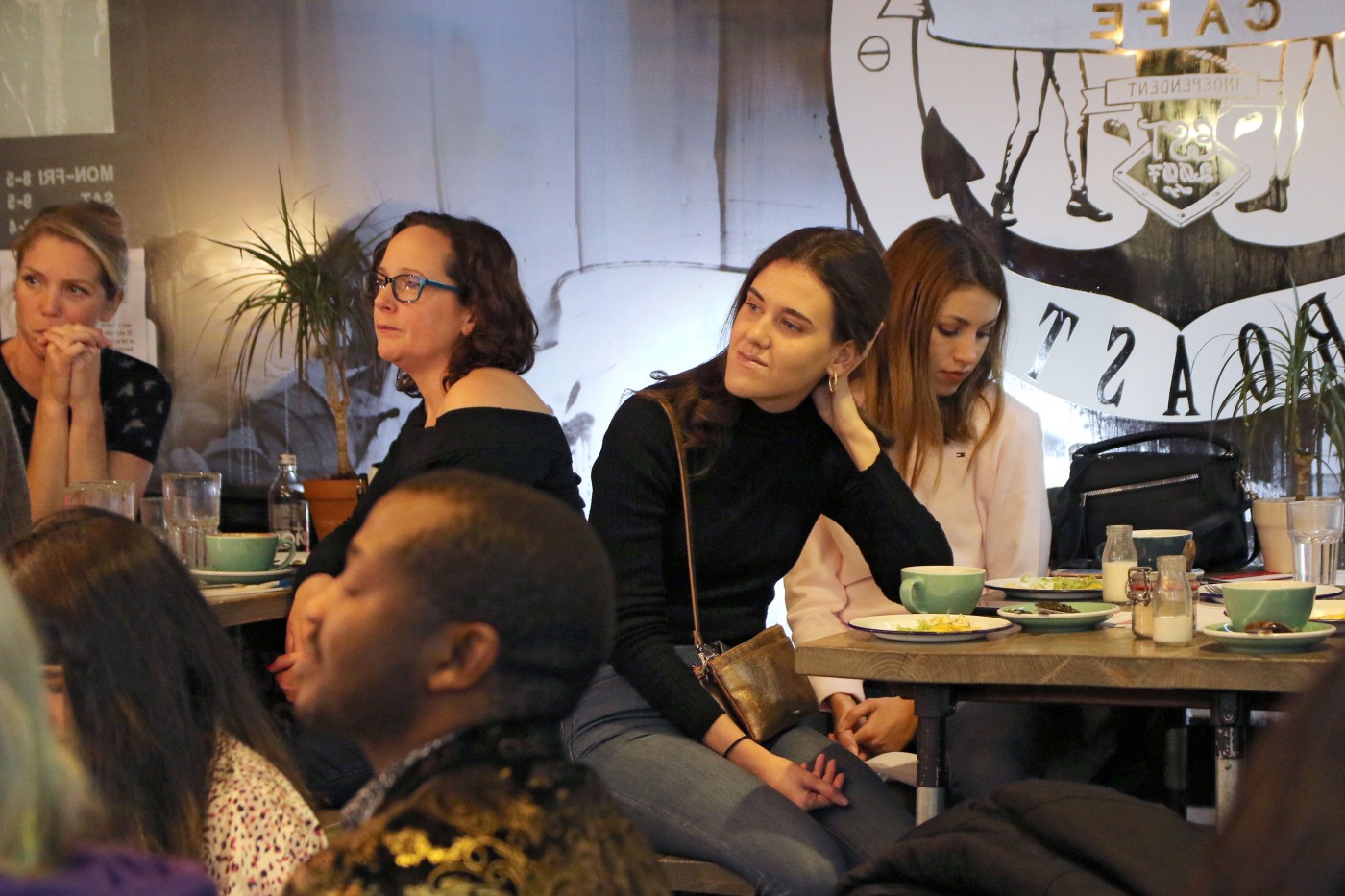
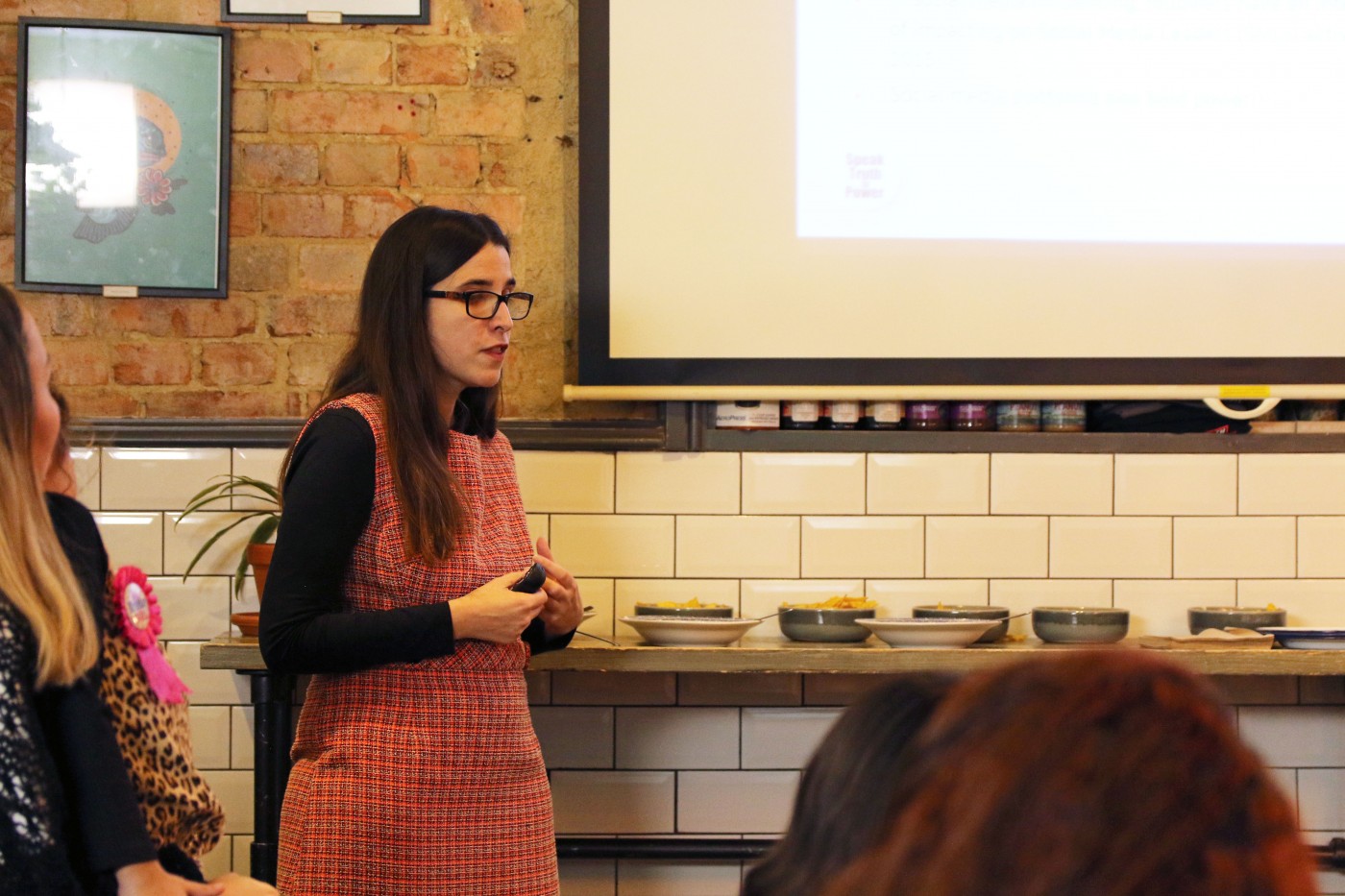
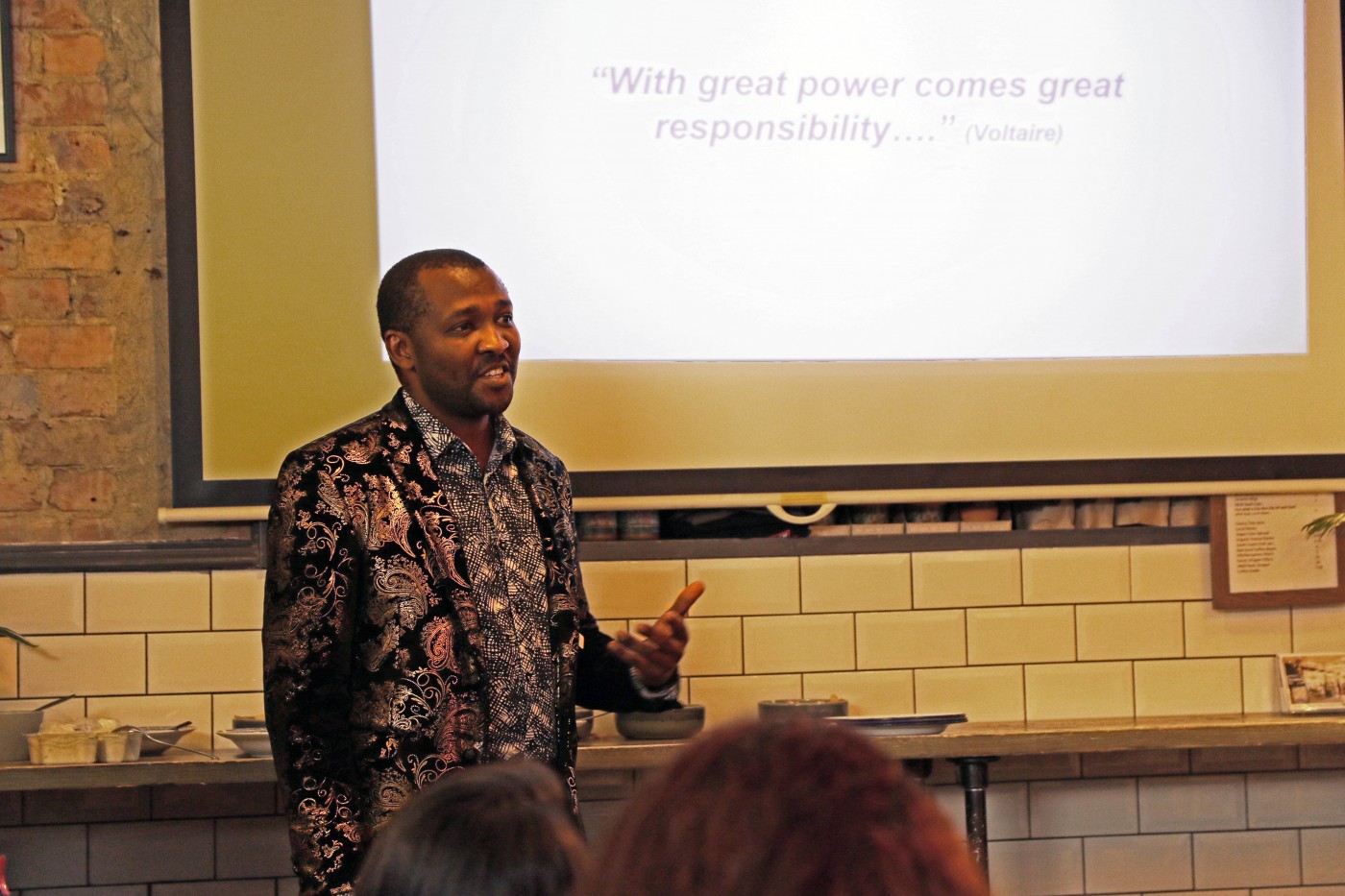
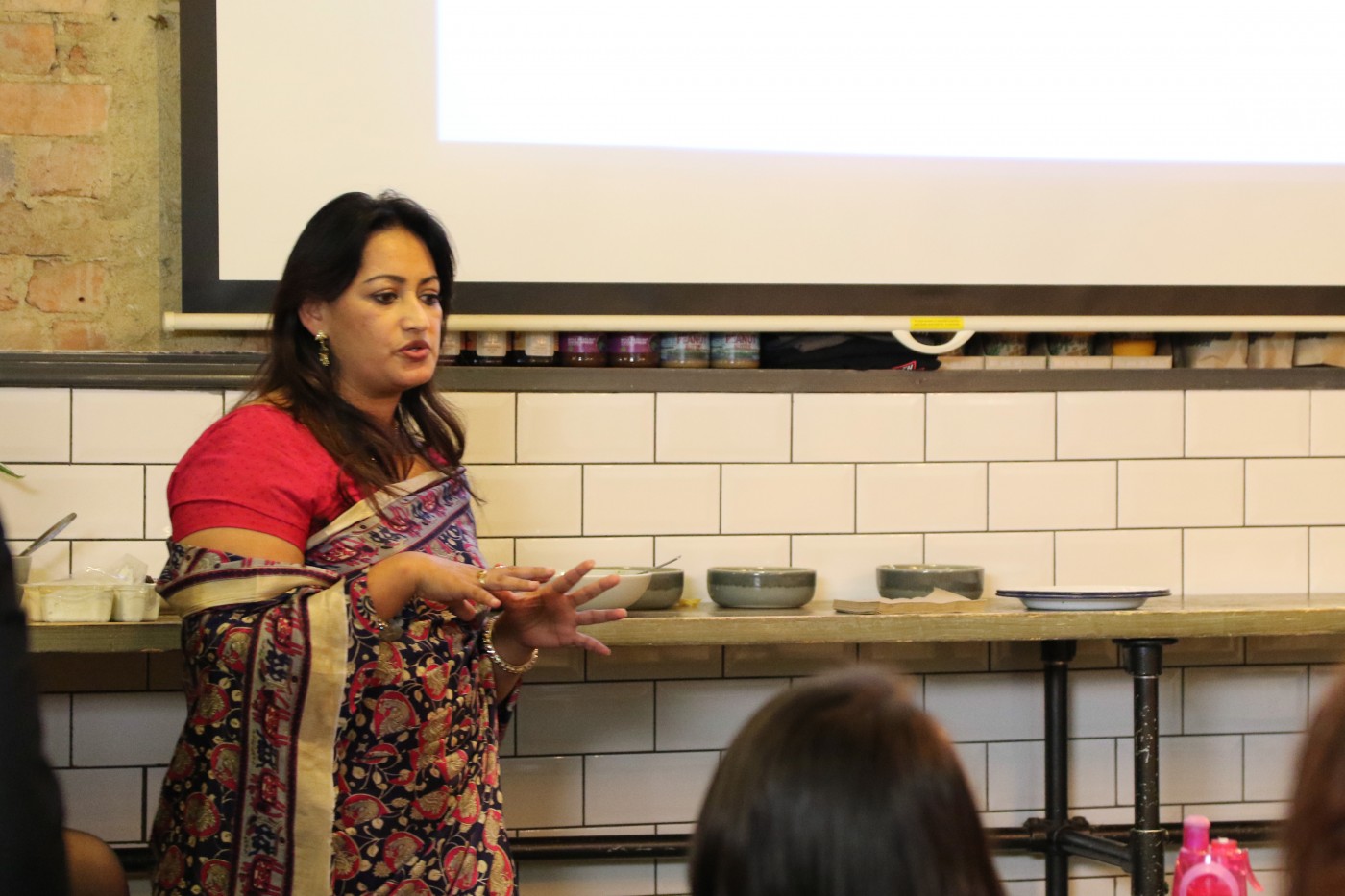
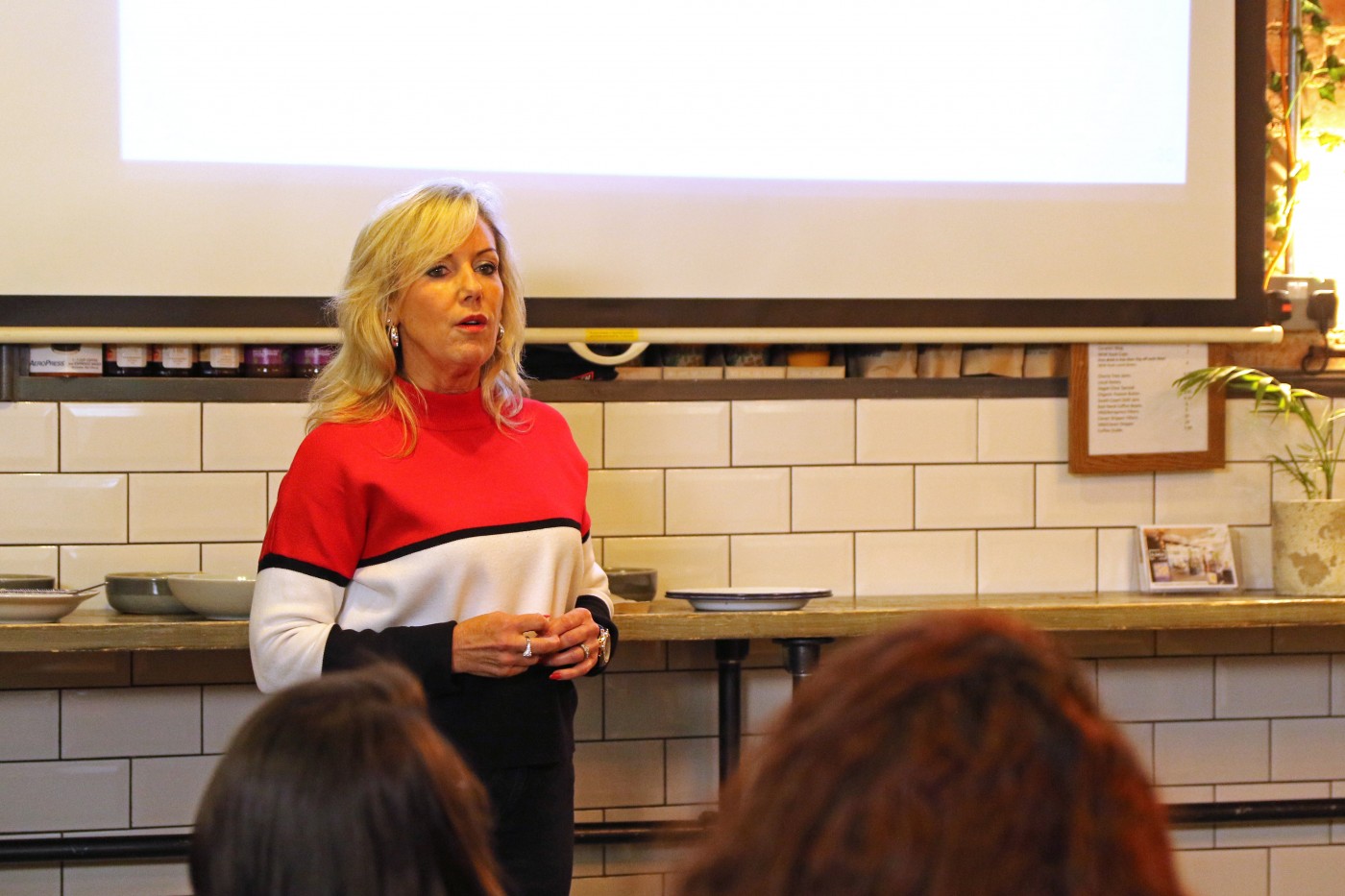
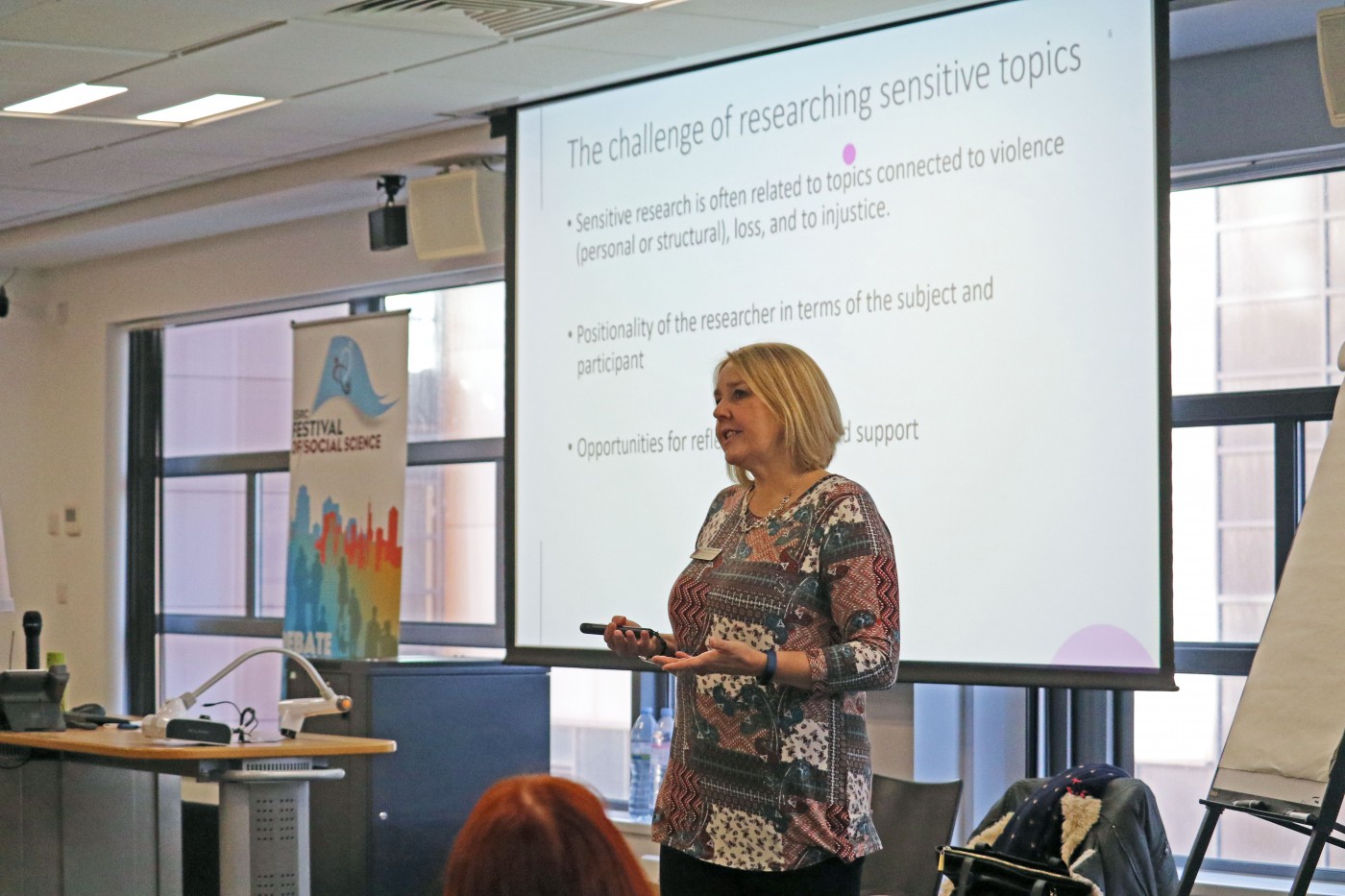
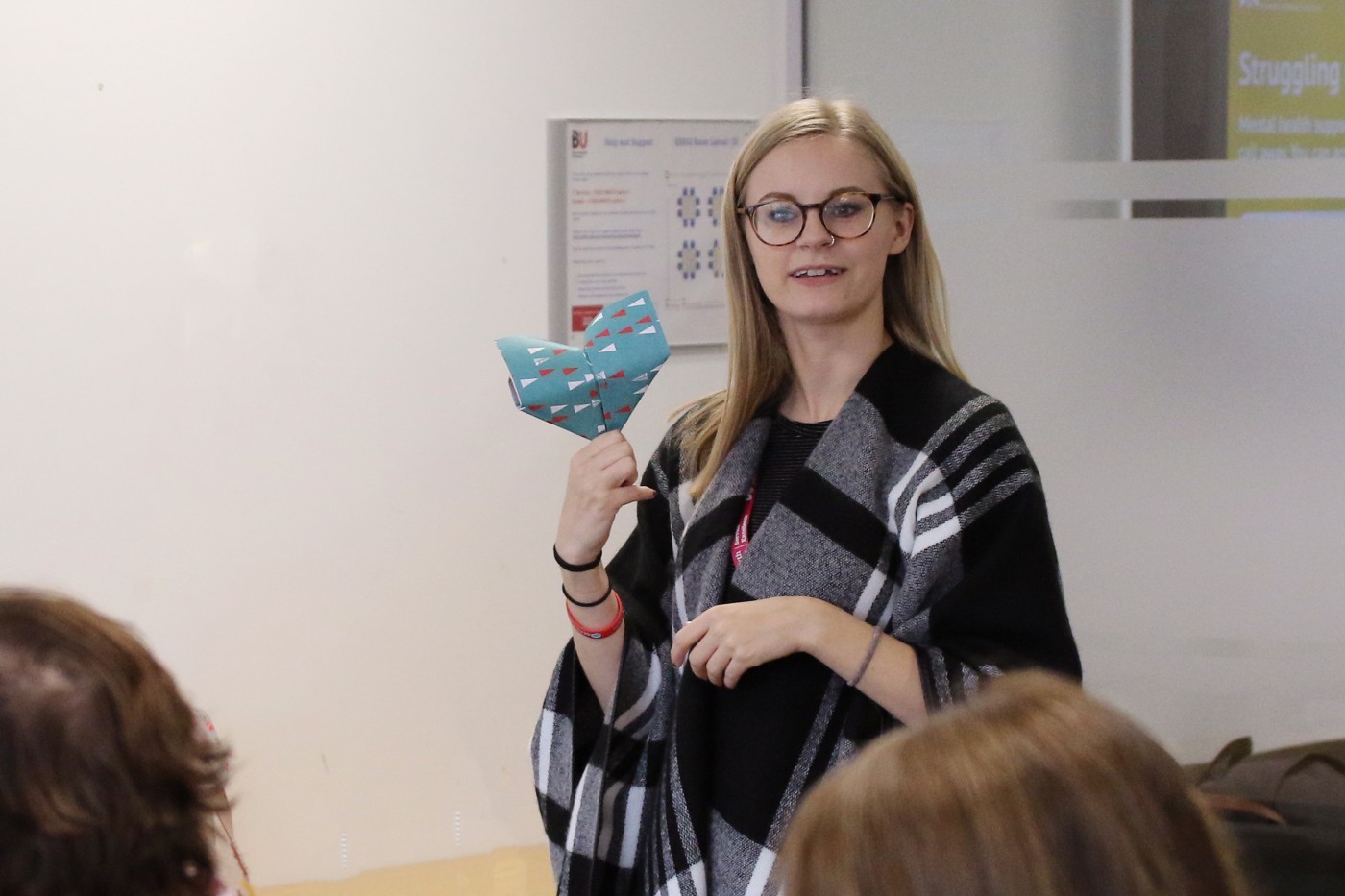
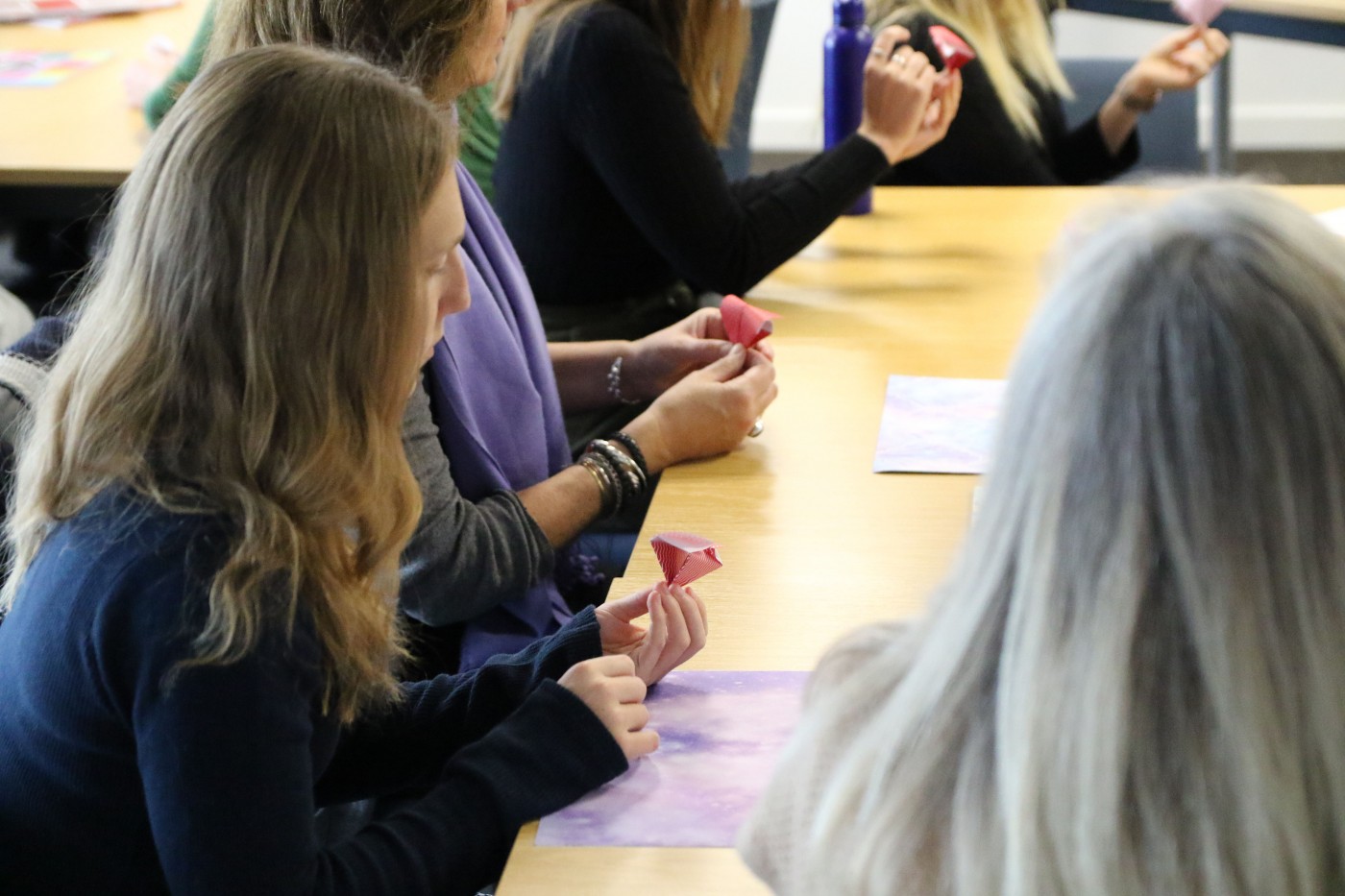
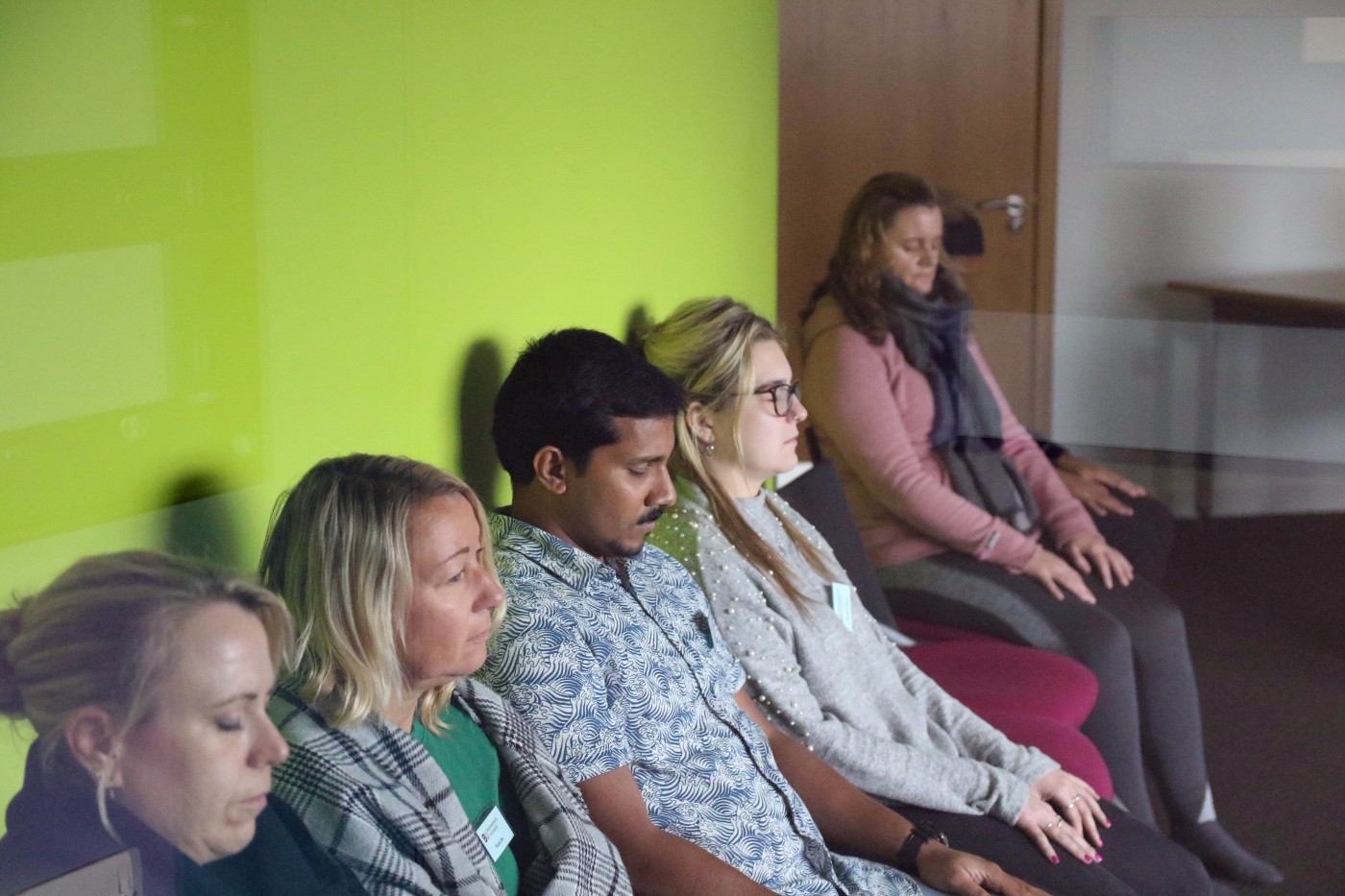





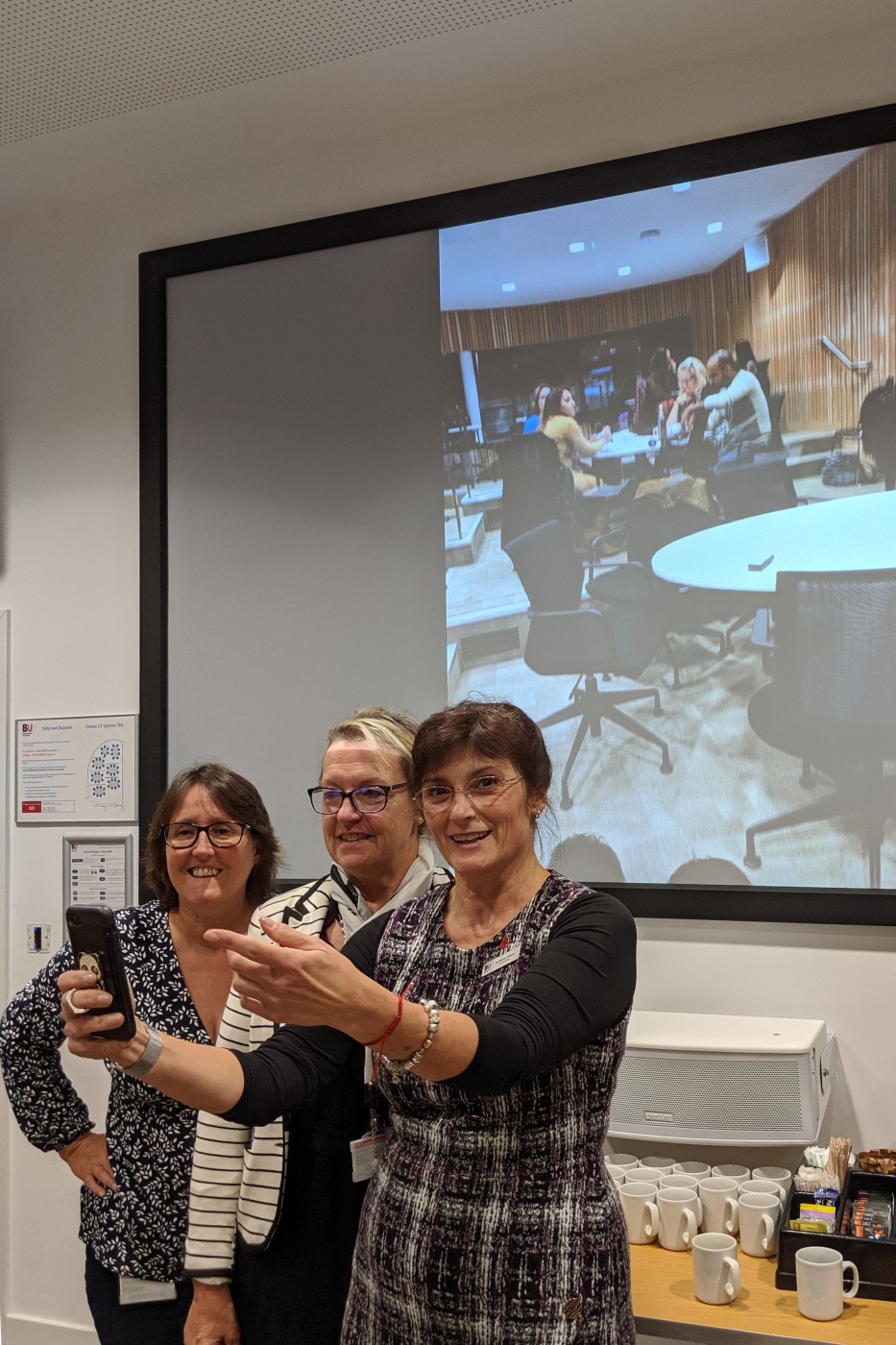
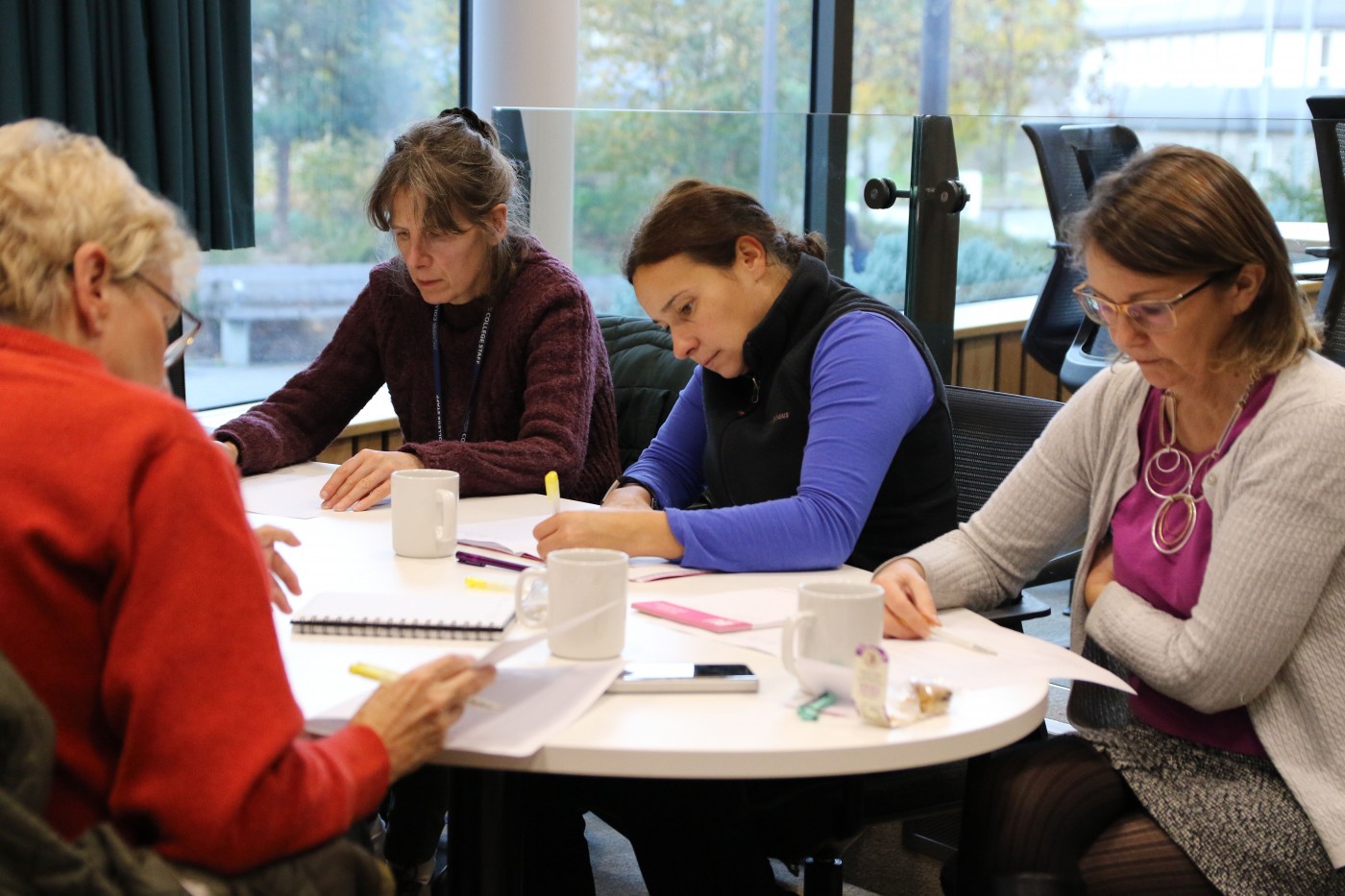
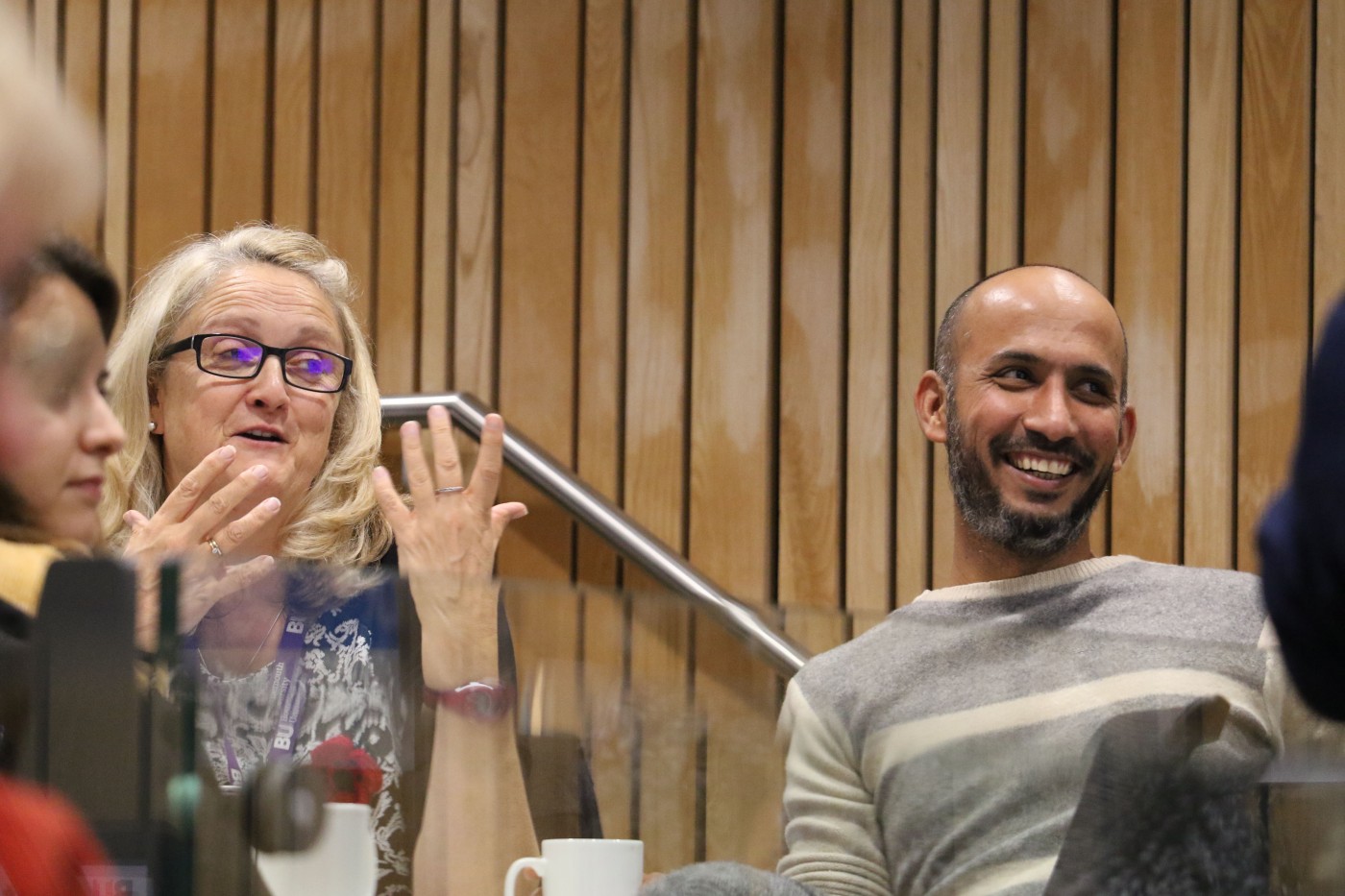
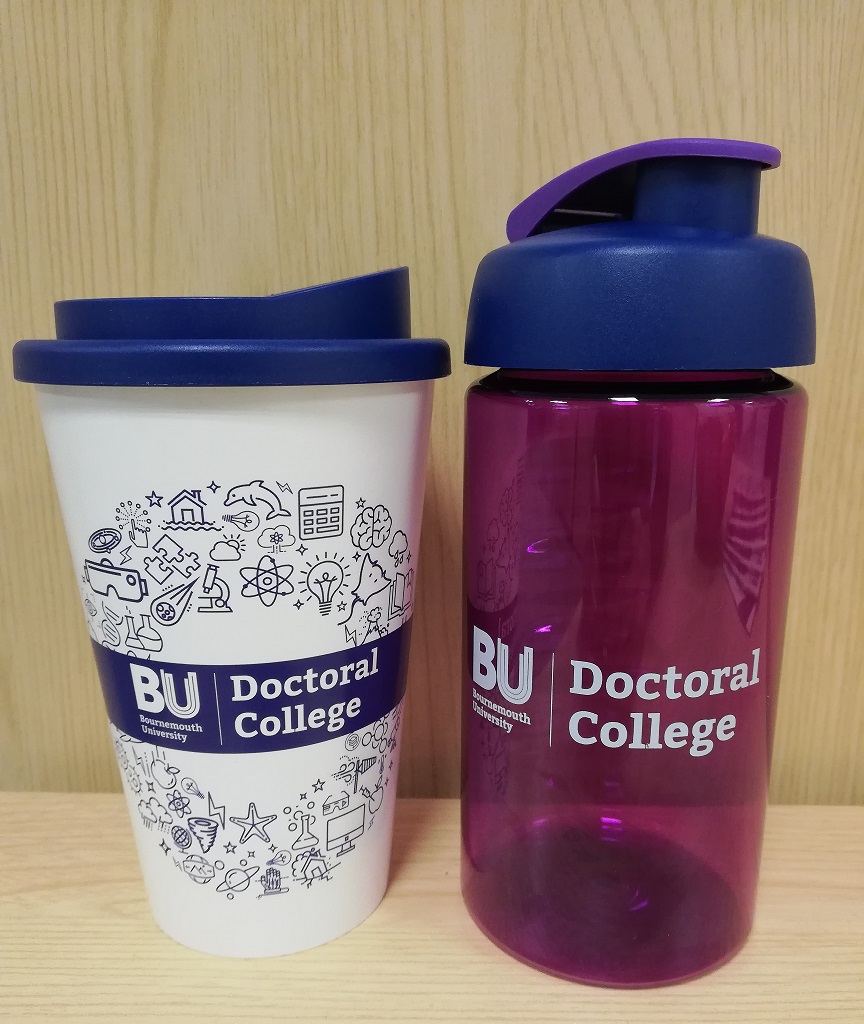
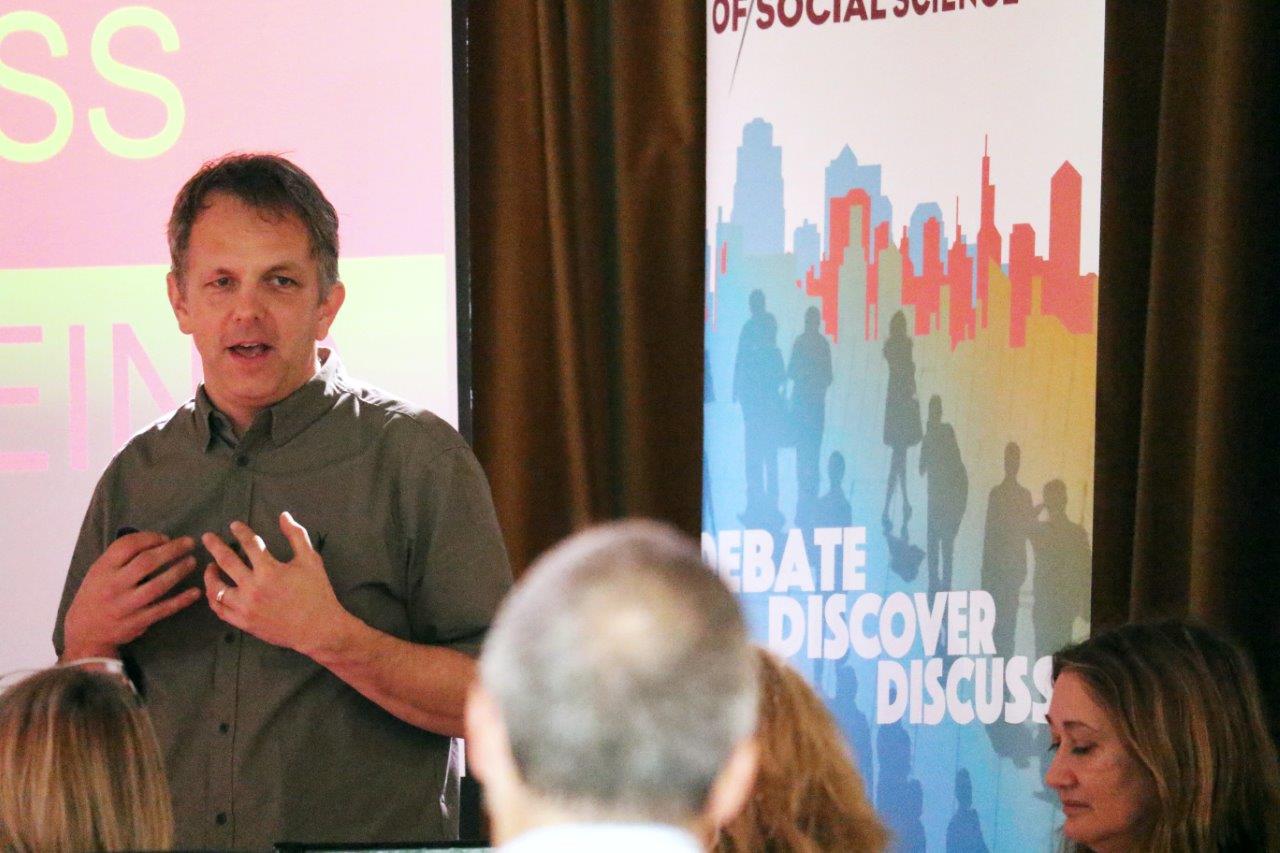
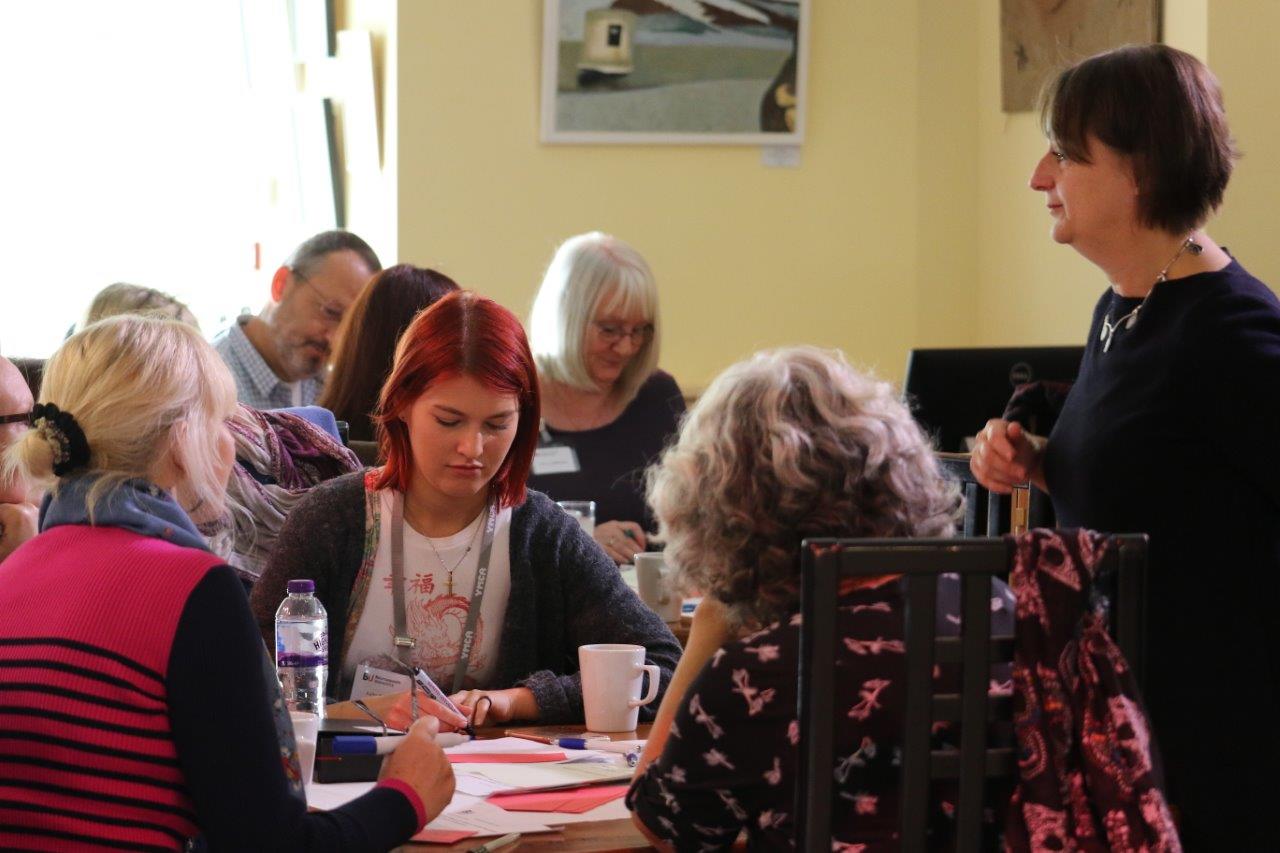
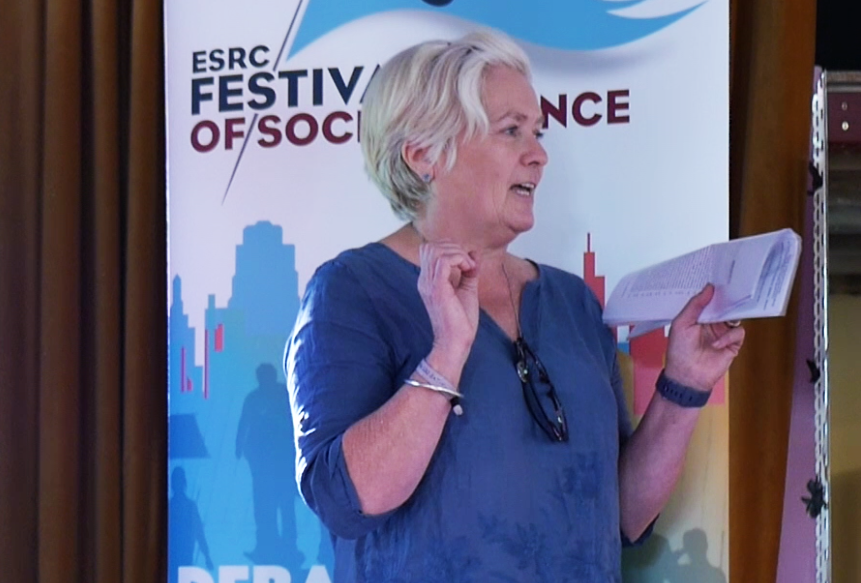
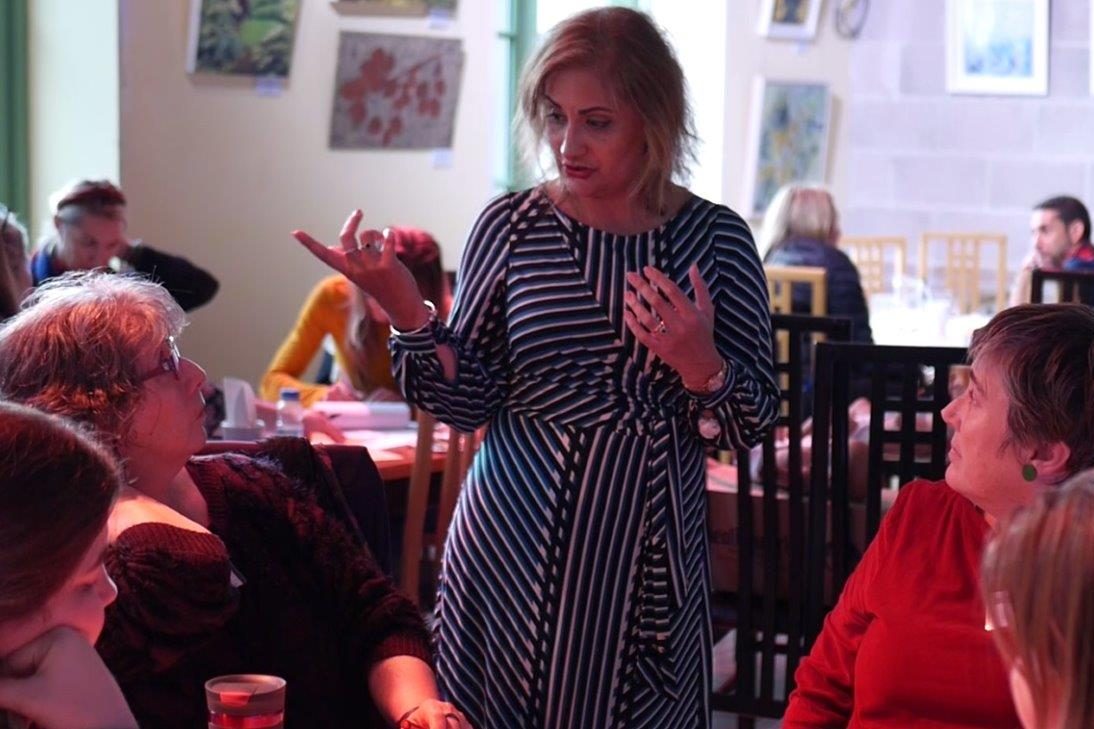

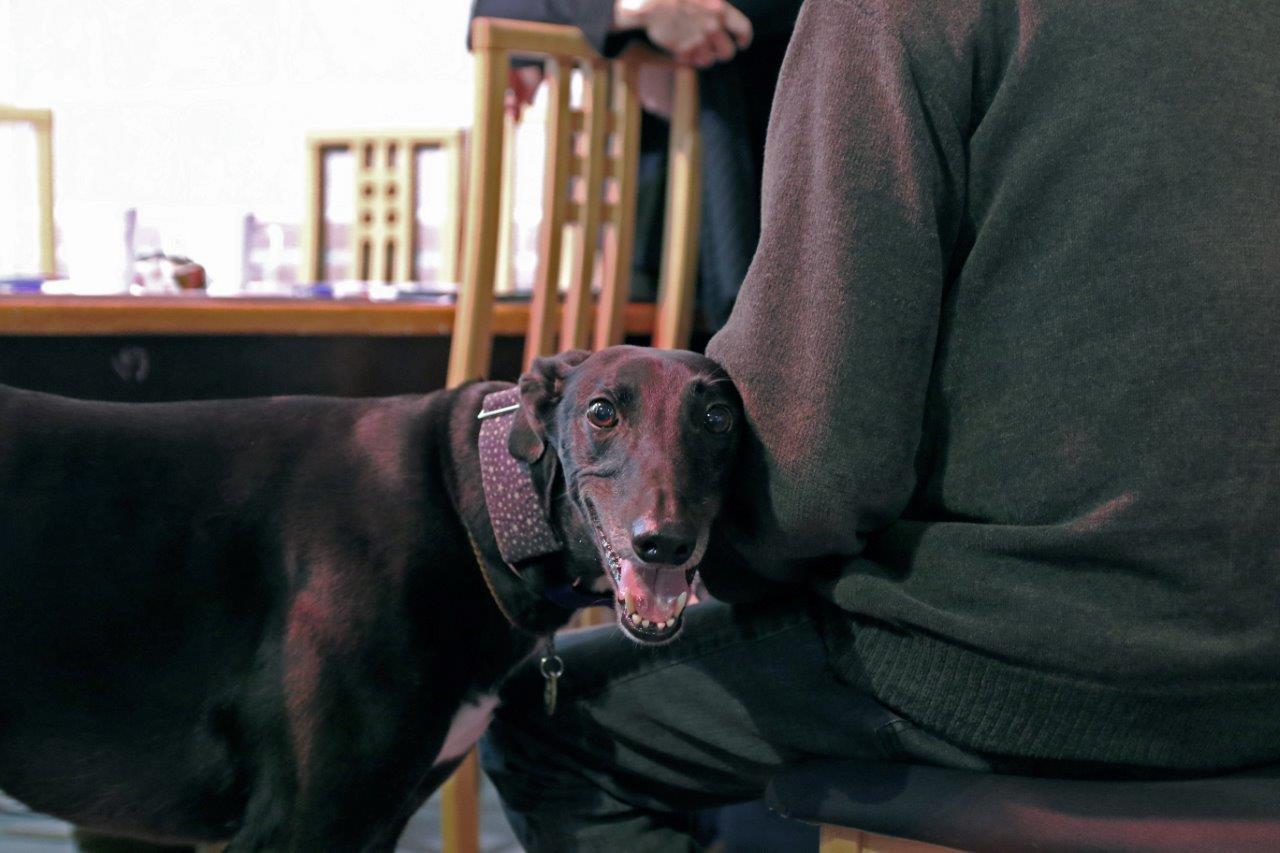
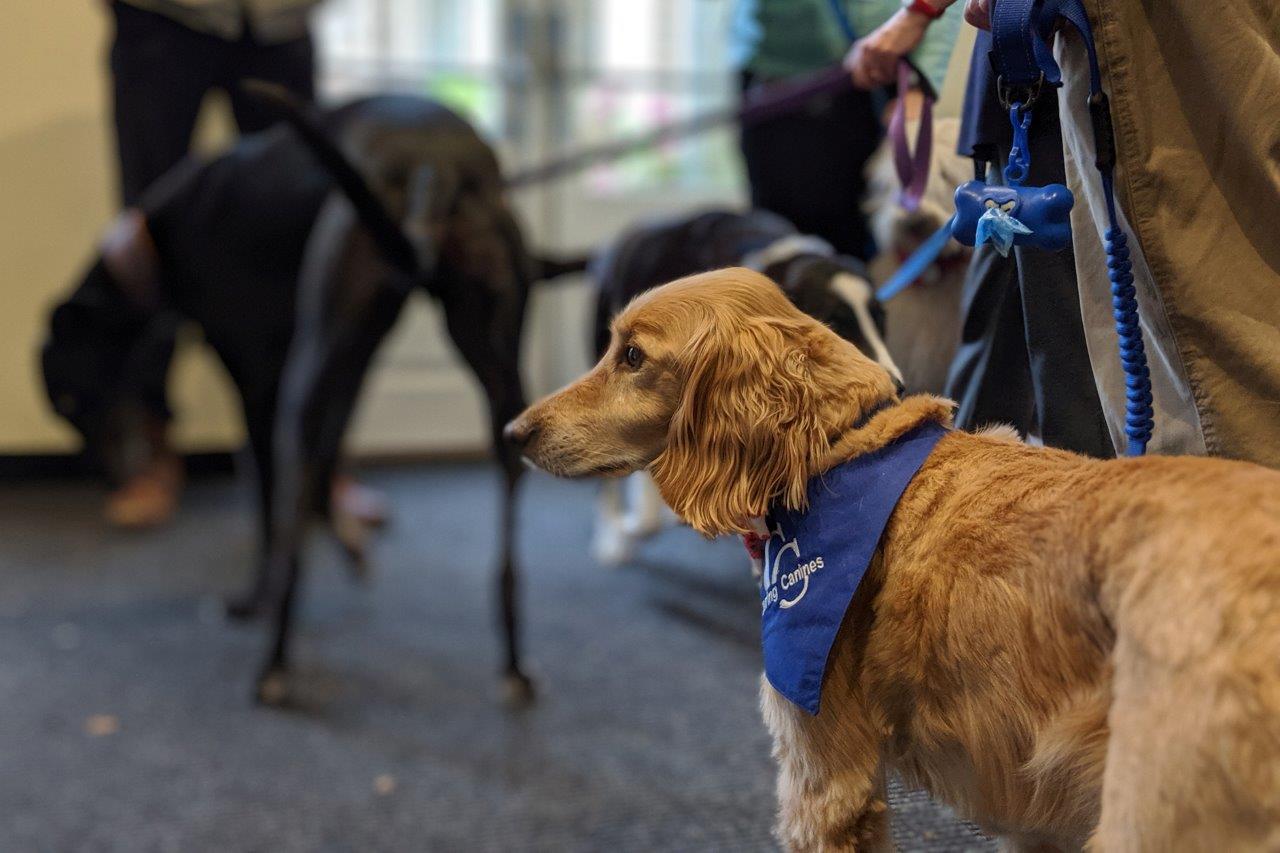
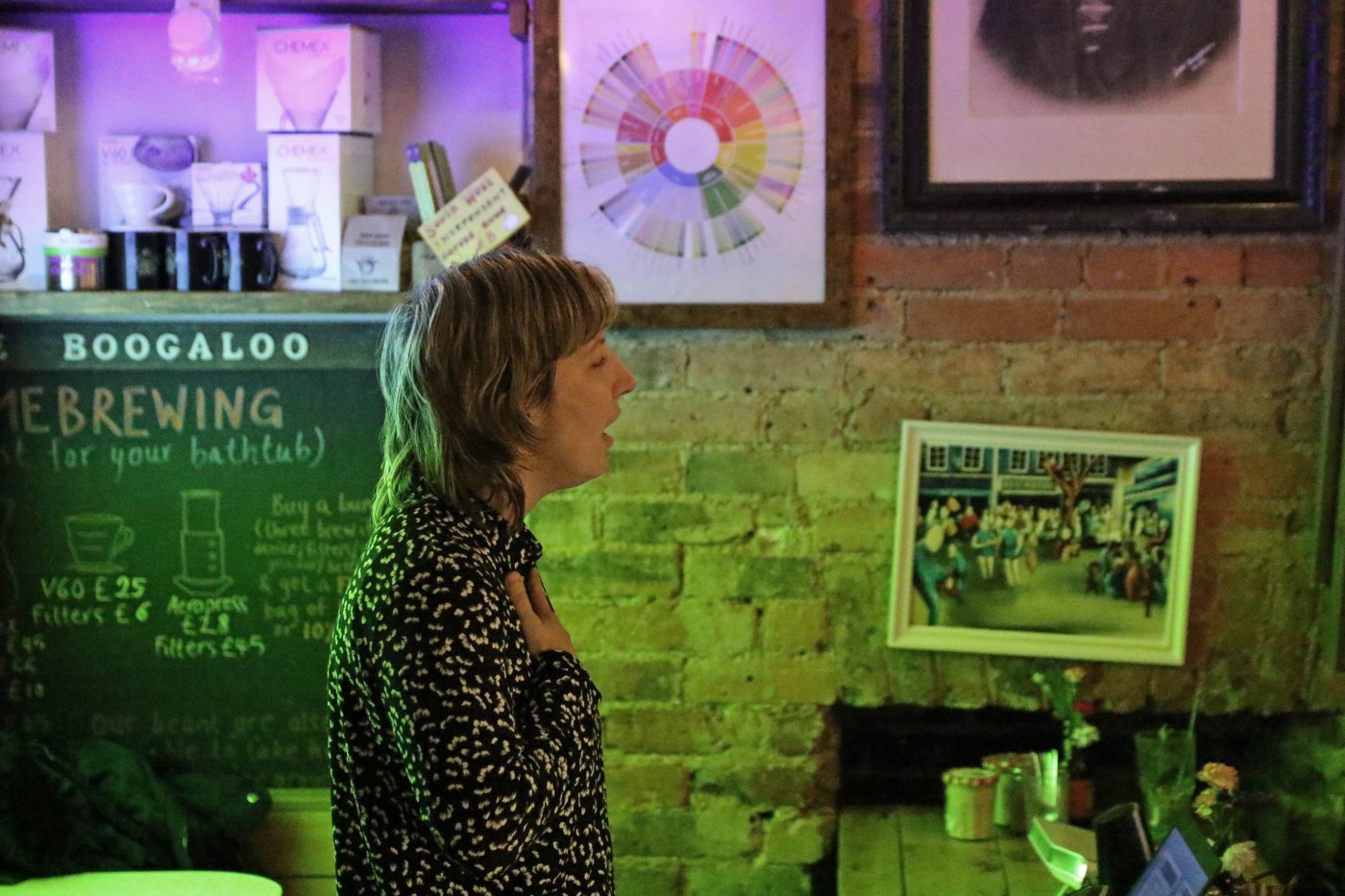
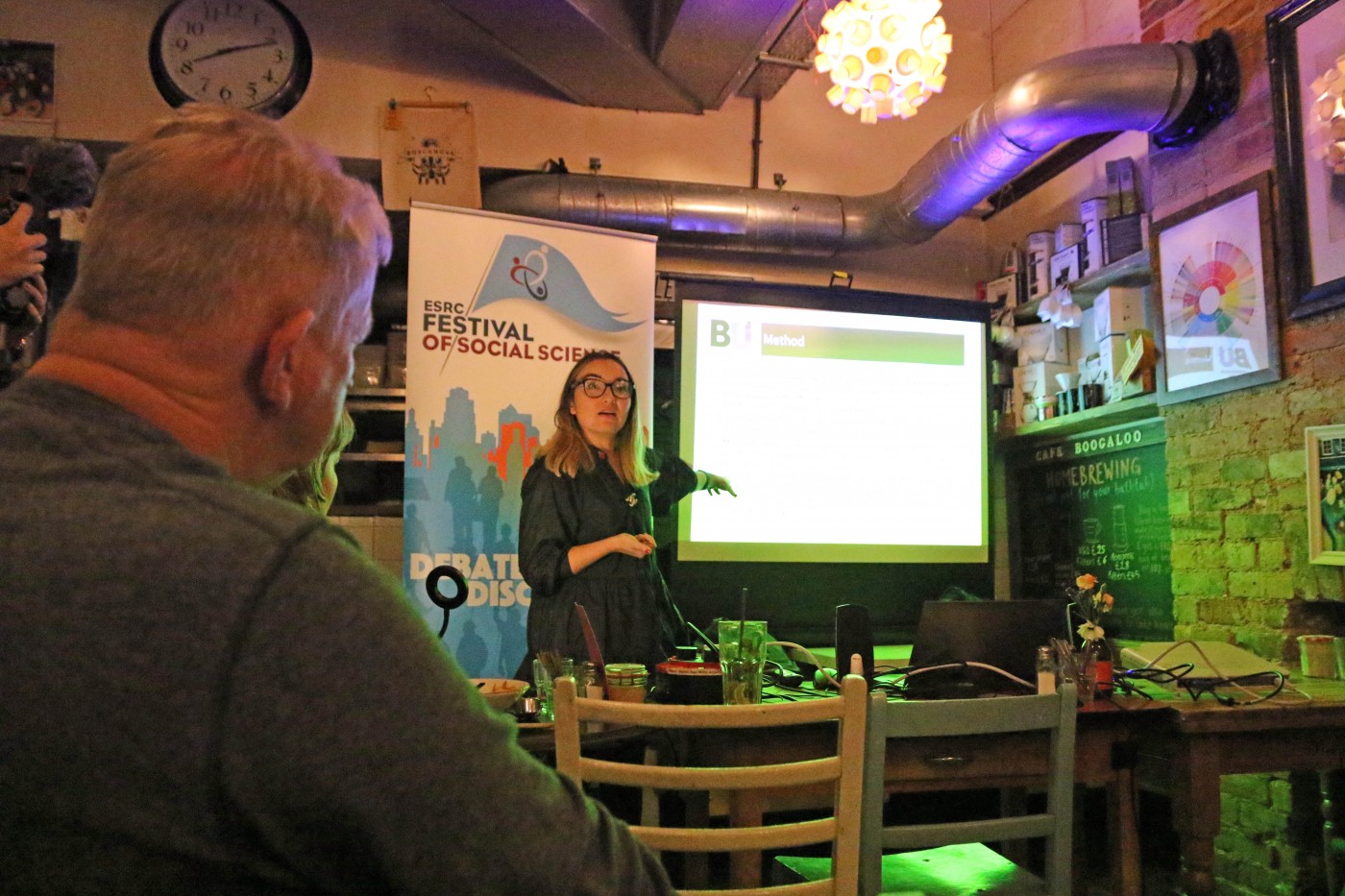

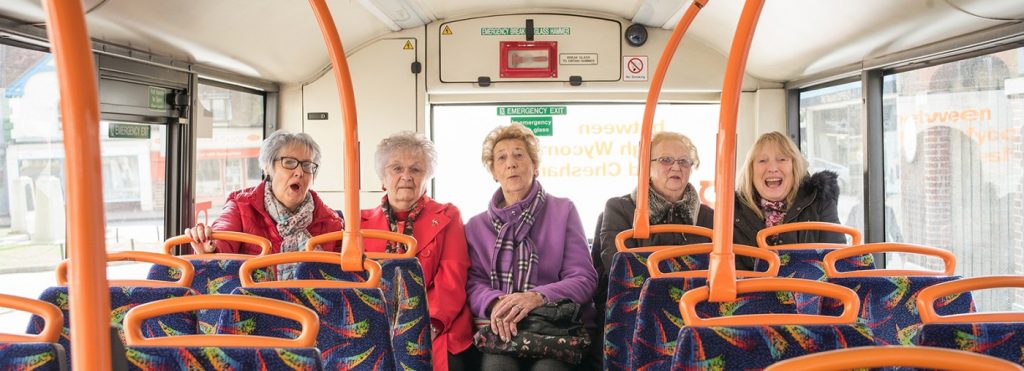
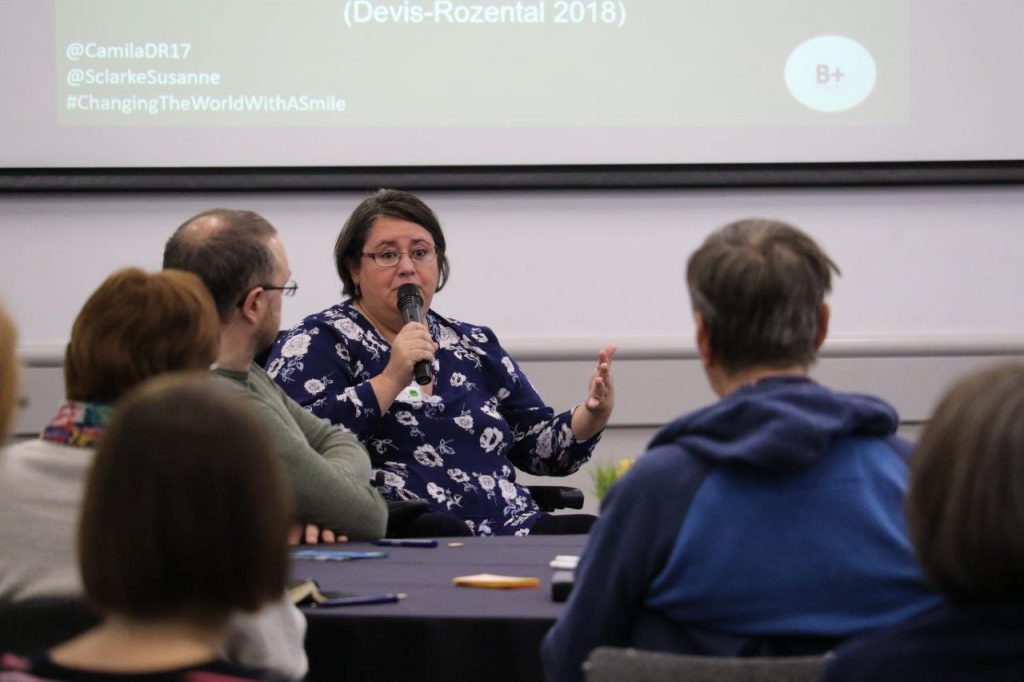
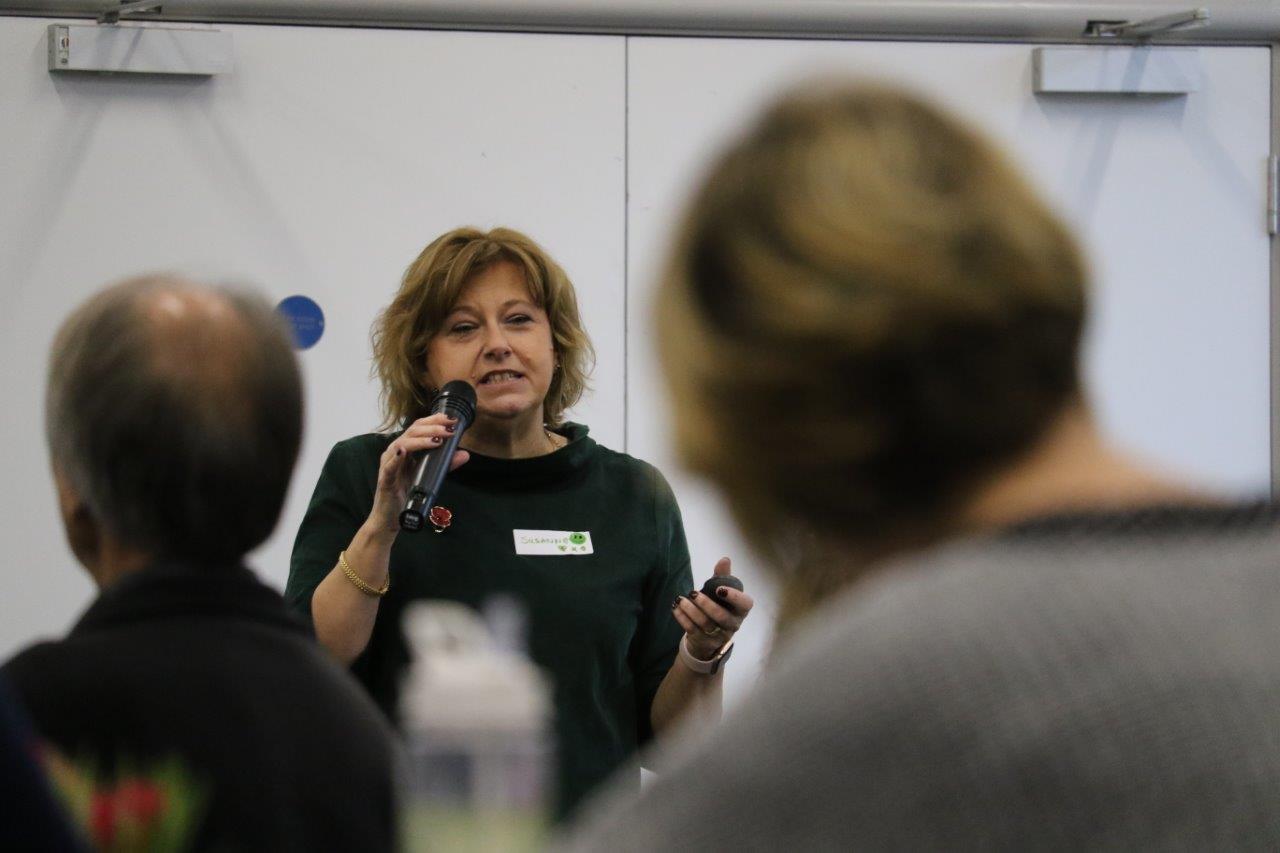
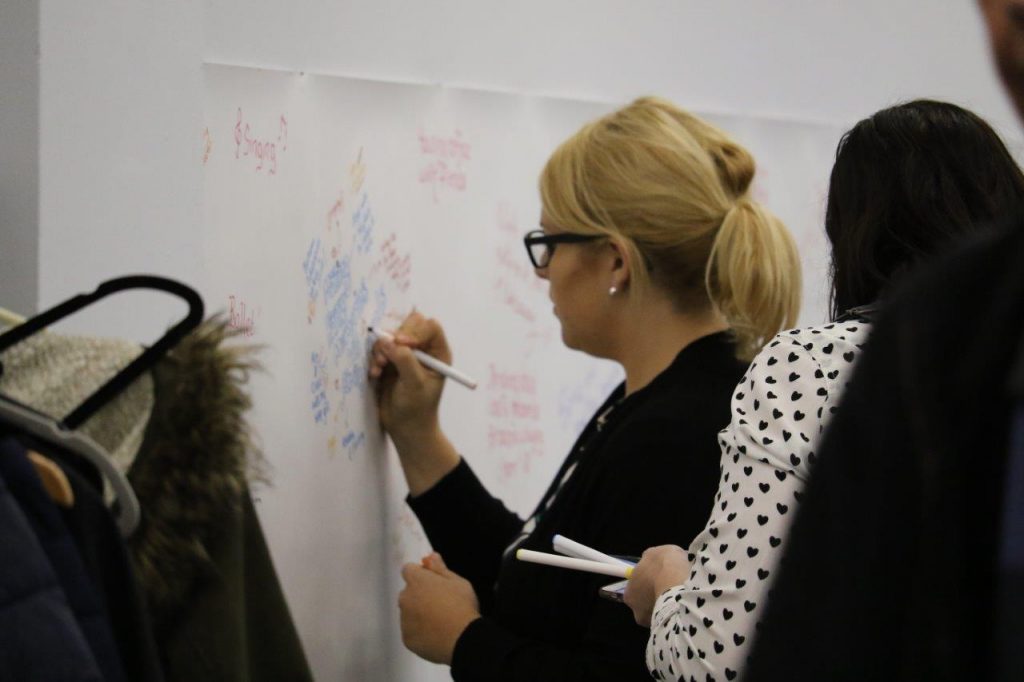
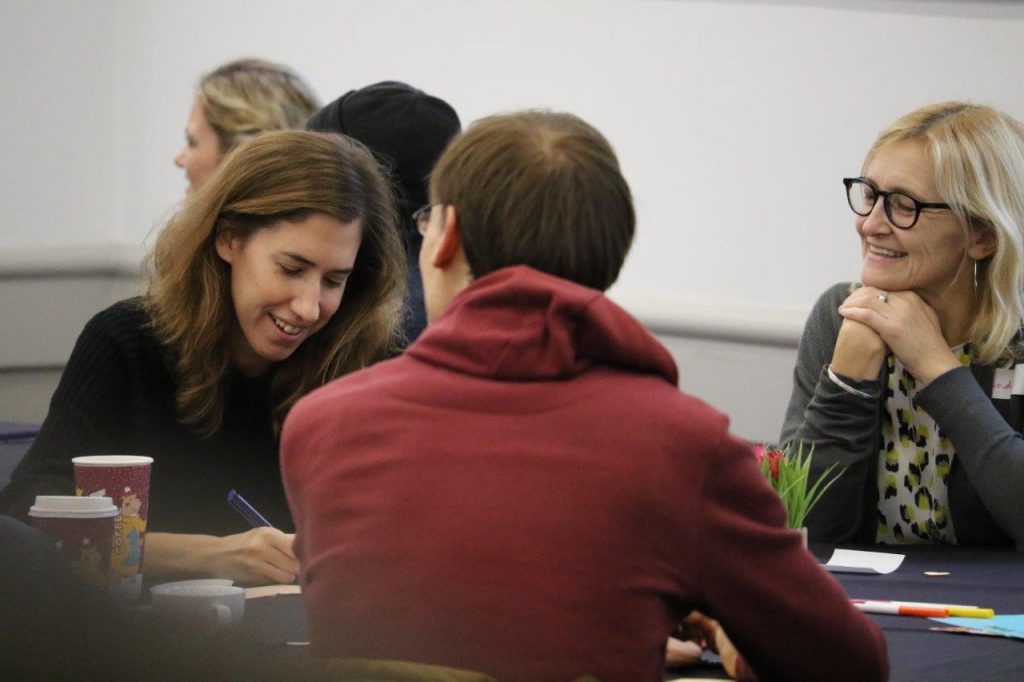
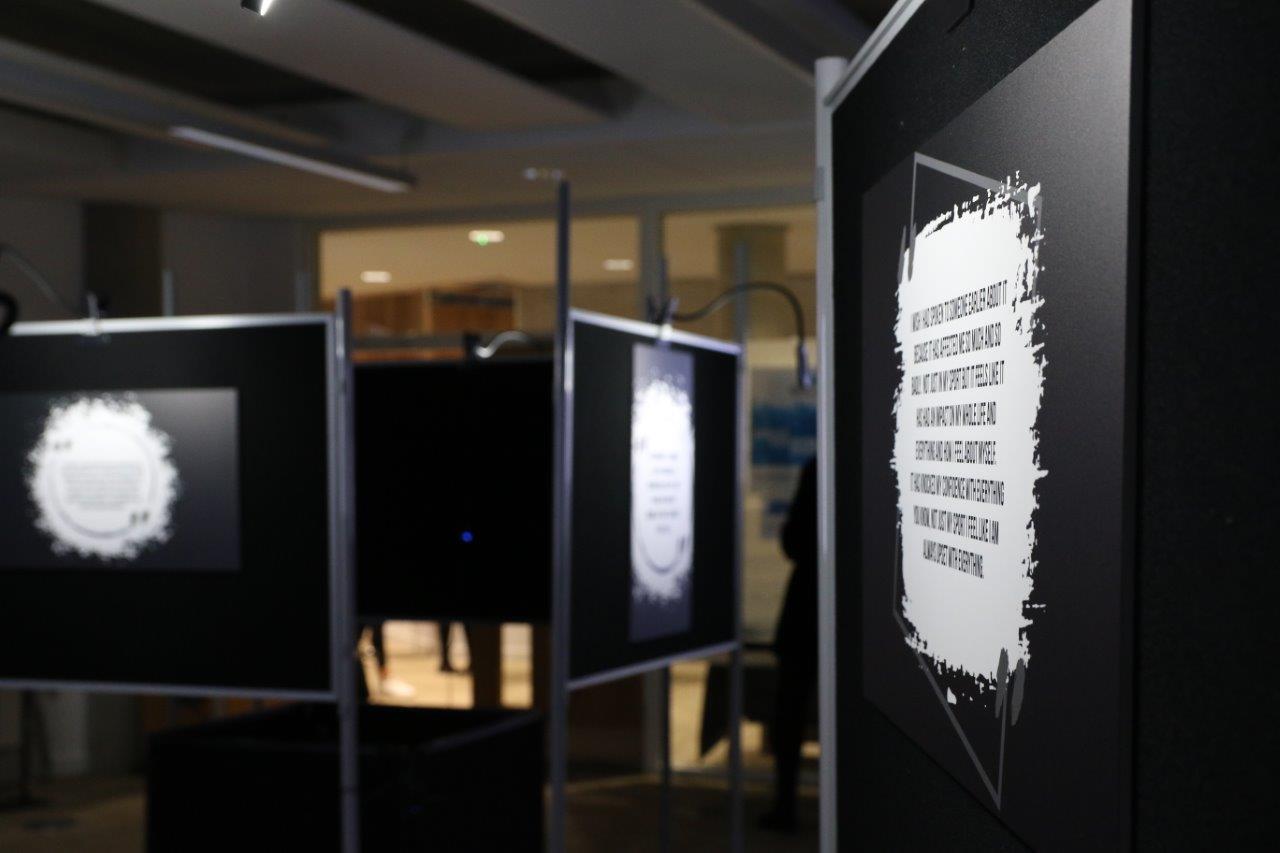
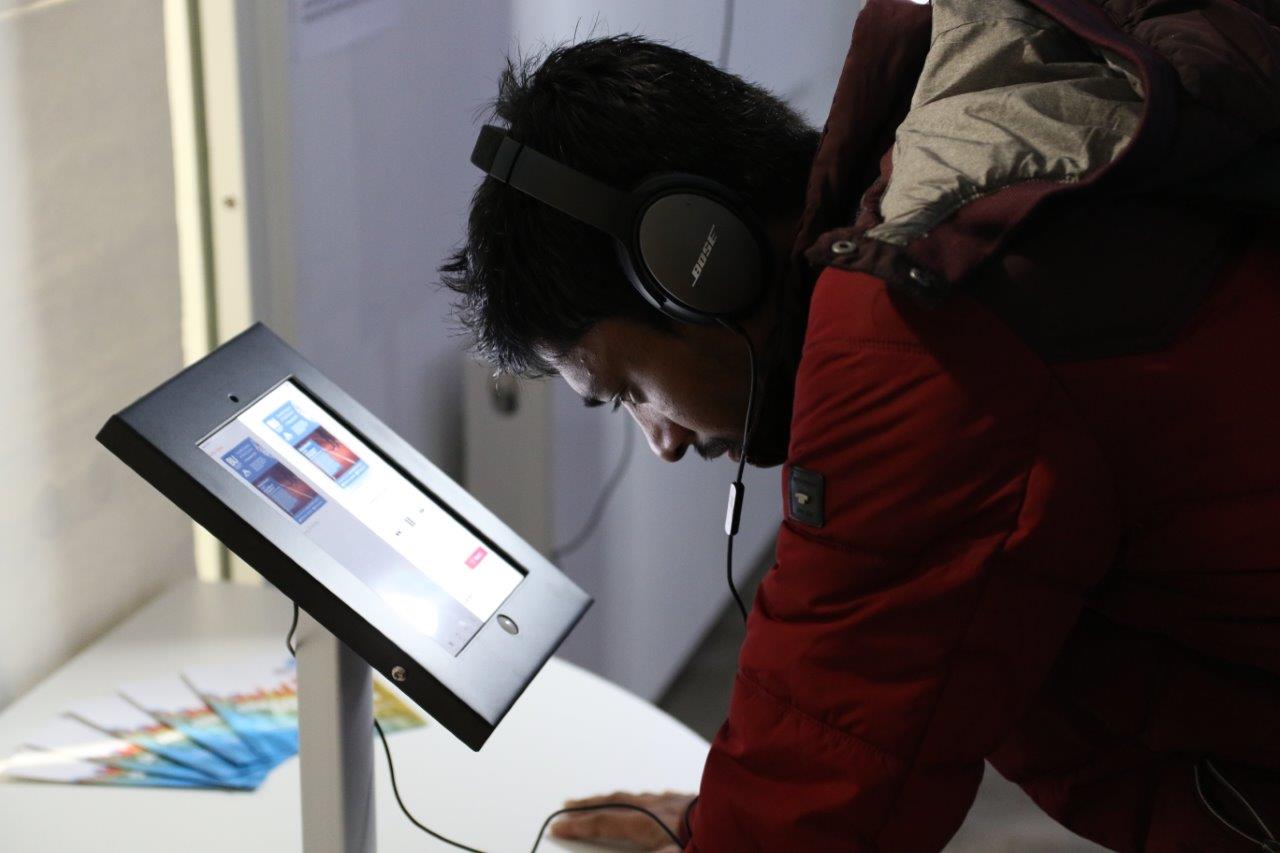
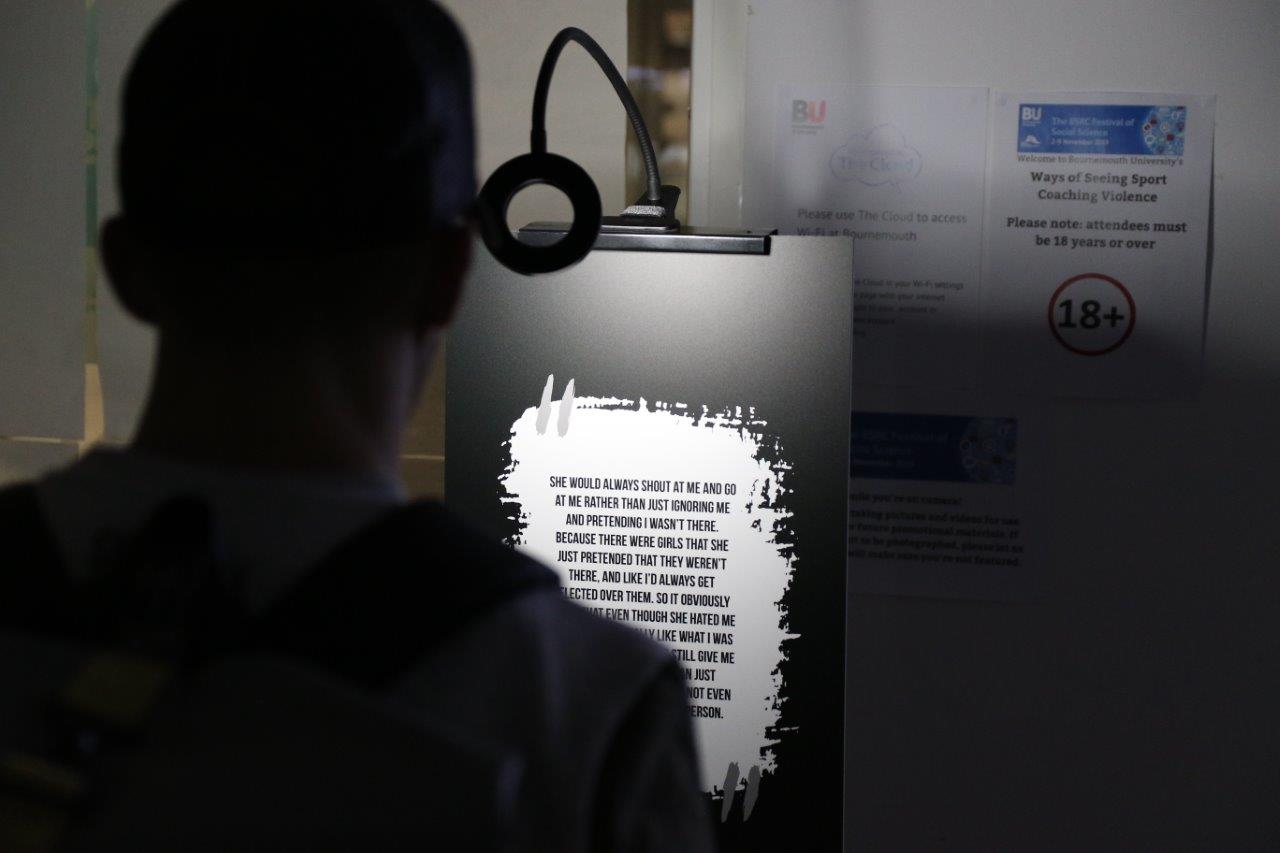
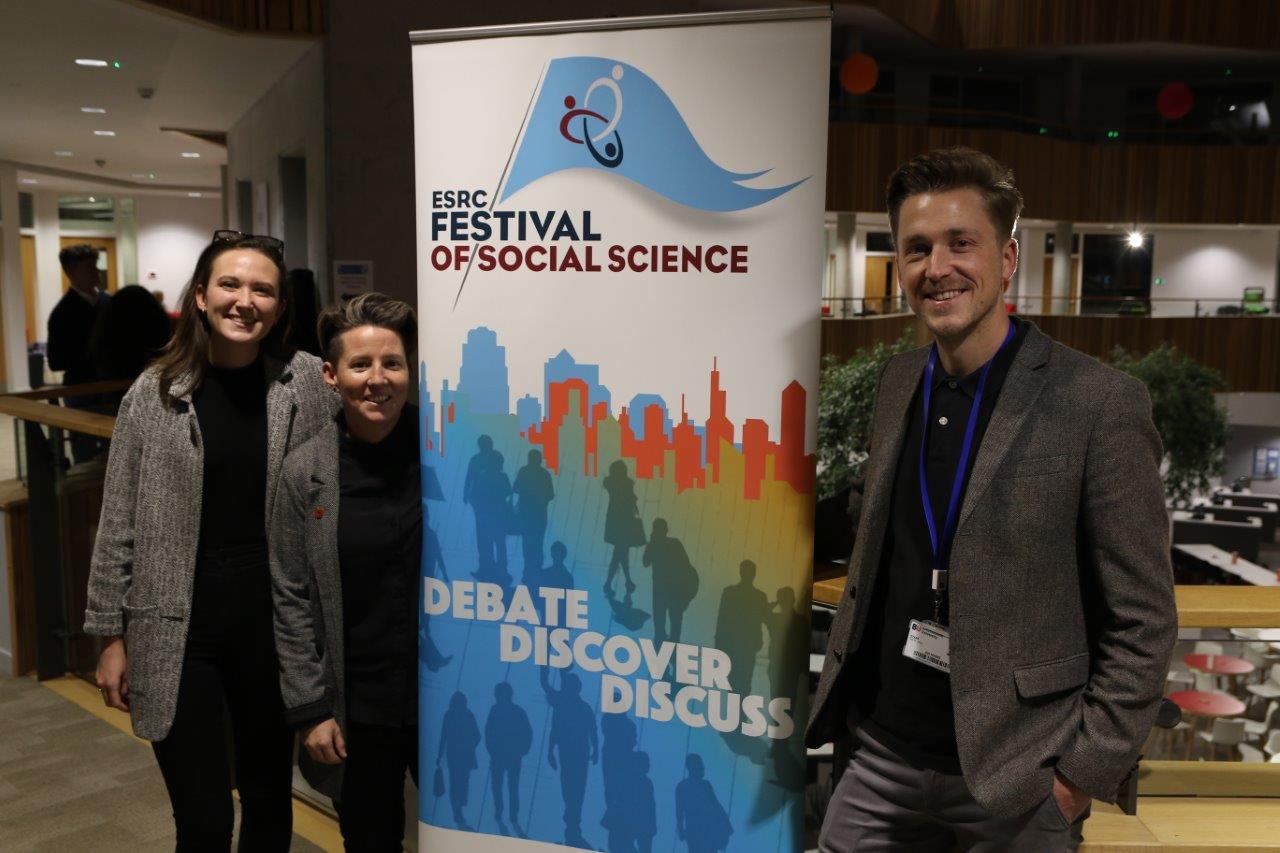














 Conversation article: How 2-Tone brought new ideas about race and culture to young people beyond the inner cities
Conversation article: How 2-Tone brought new ideas about race and culture to young people beyond the inner cities Upcoming 3C Event – PGR Culture, Community & Cake
Upcoming 3C Event – PGR Culture, Community & Cake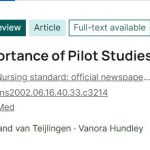 Paper with 160,000 reads
Paper with 160,000 reads The Month in Research: April 2024
The Month in Research: April 2024 Apply for up to £1,000 to deliver an event and take part in a national festival of public engagement with research
Apply for up to £1,000 to deliver an event and take part in a national festival of public engagement with research MSCA Postdoctoral Fellowships 2024
MSCA Postdoctoral Fellowships 2024 Horizon Europe News – December 2023
Horizon Europe News – December 2023